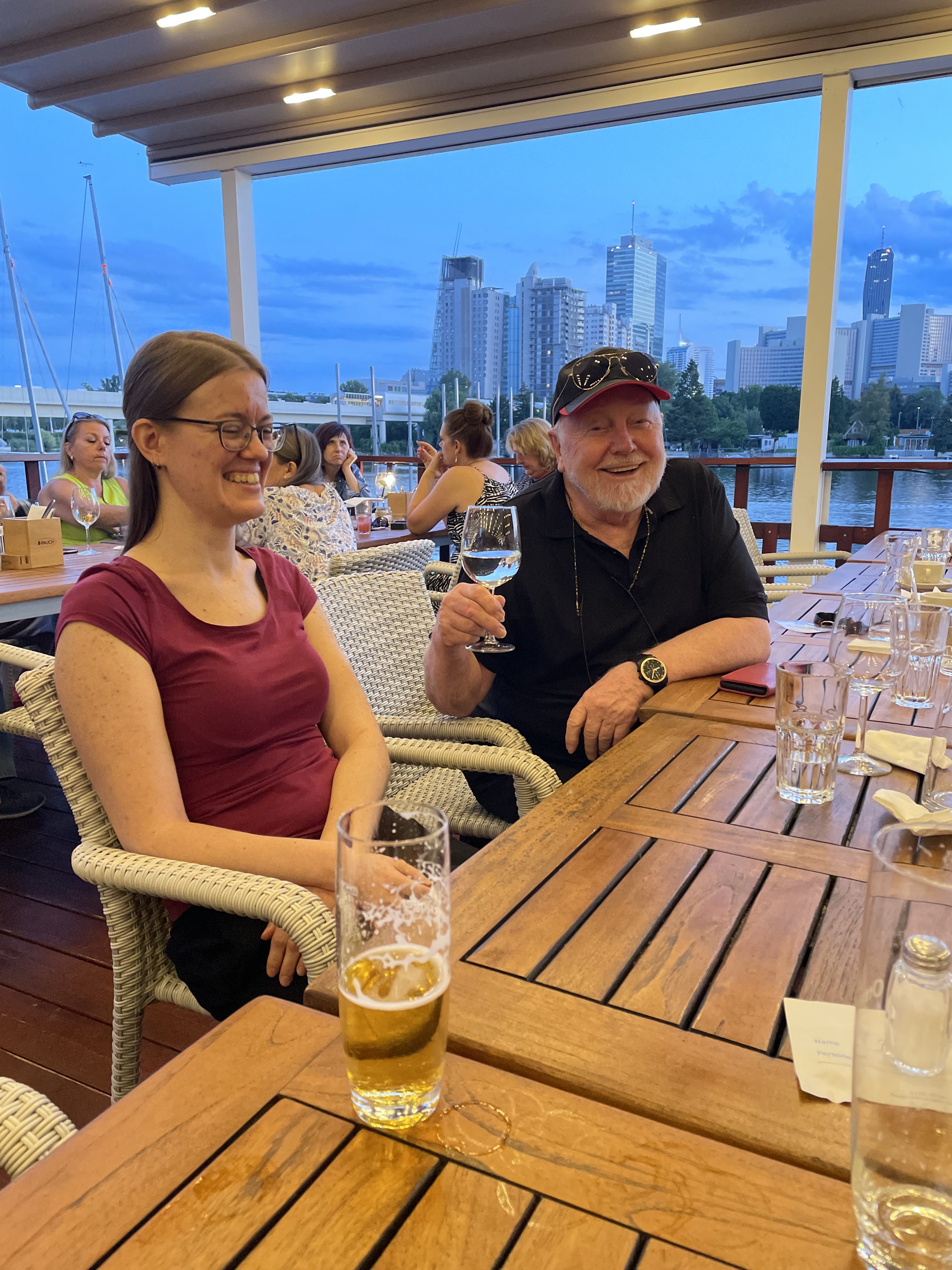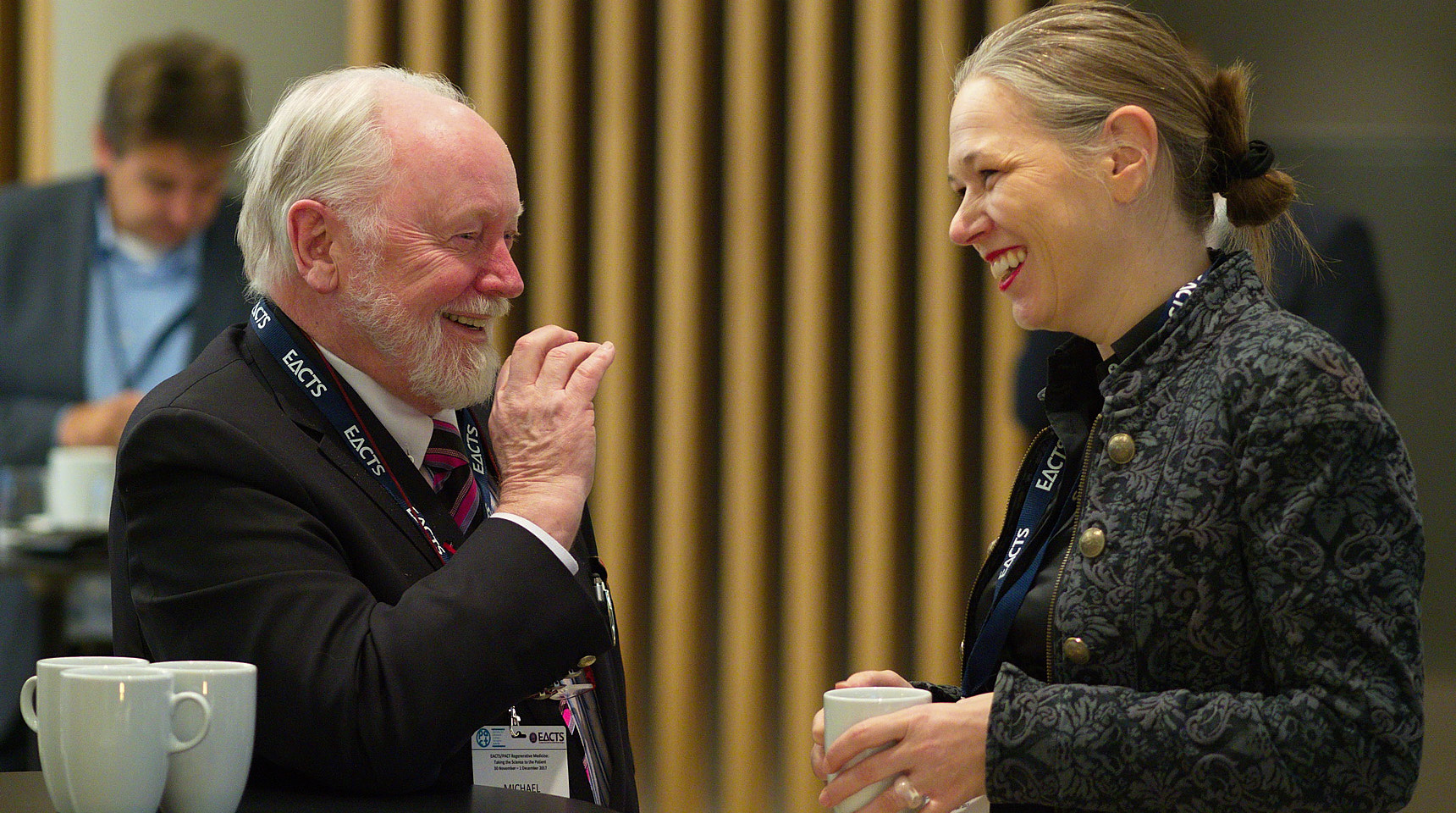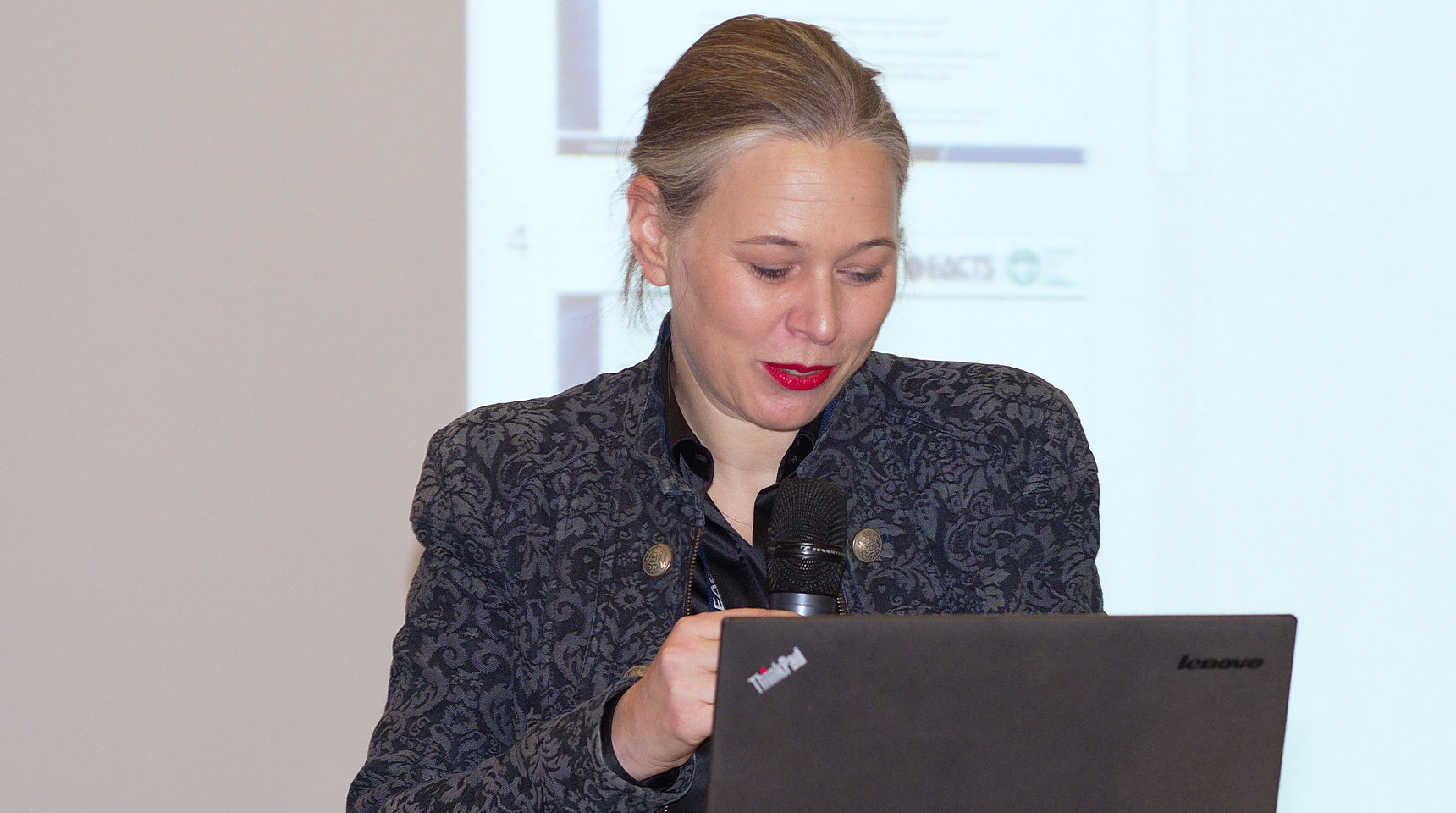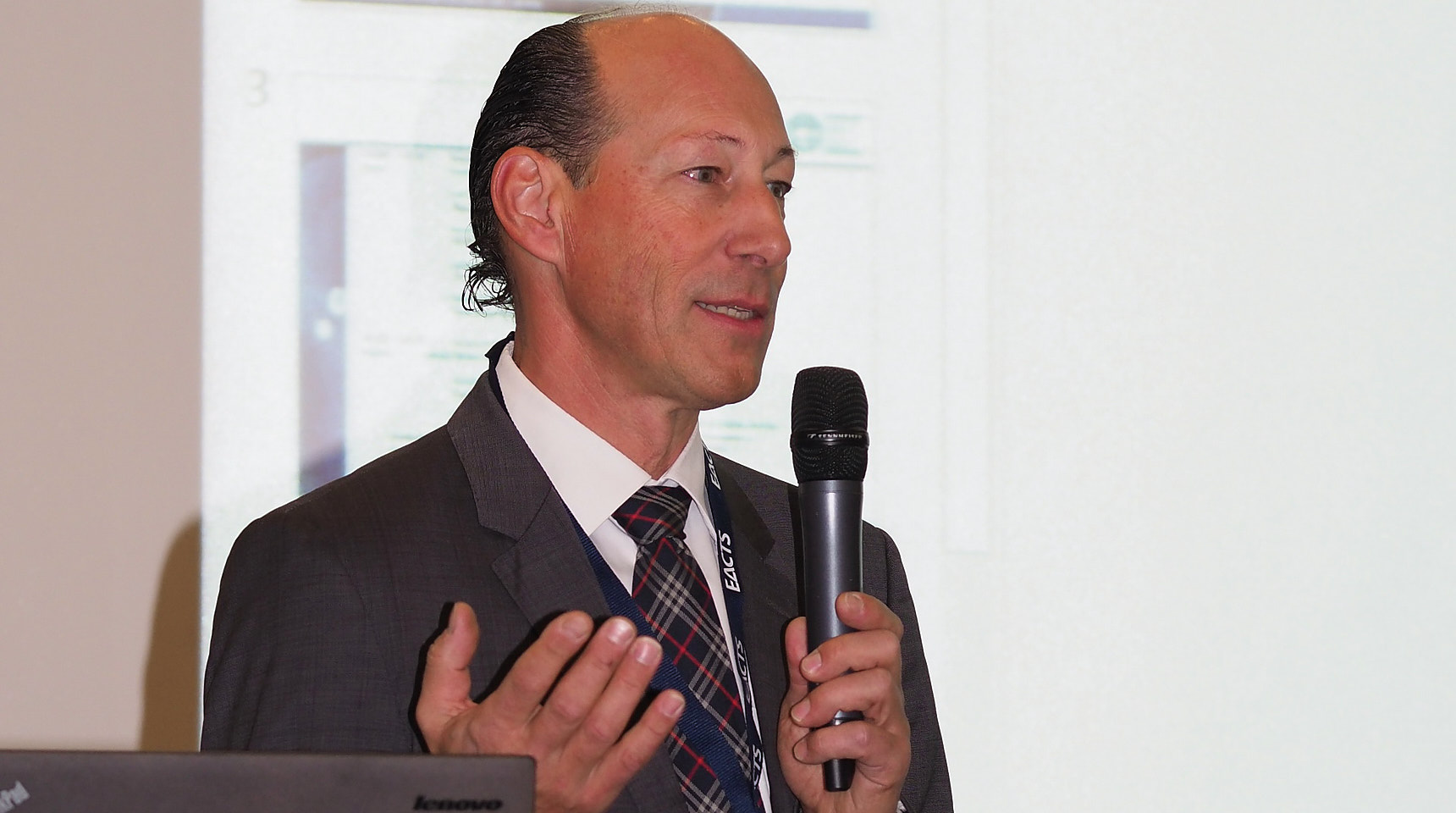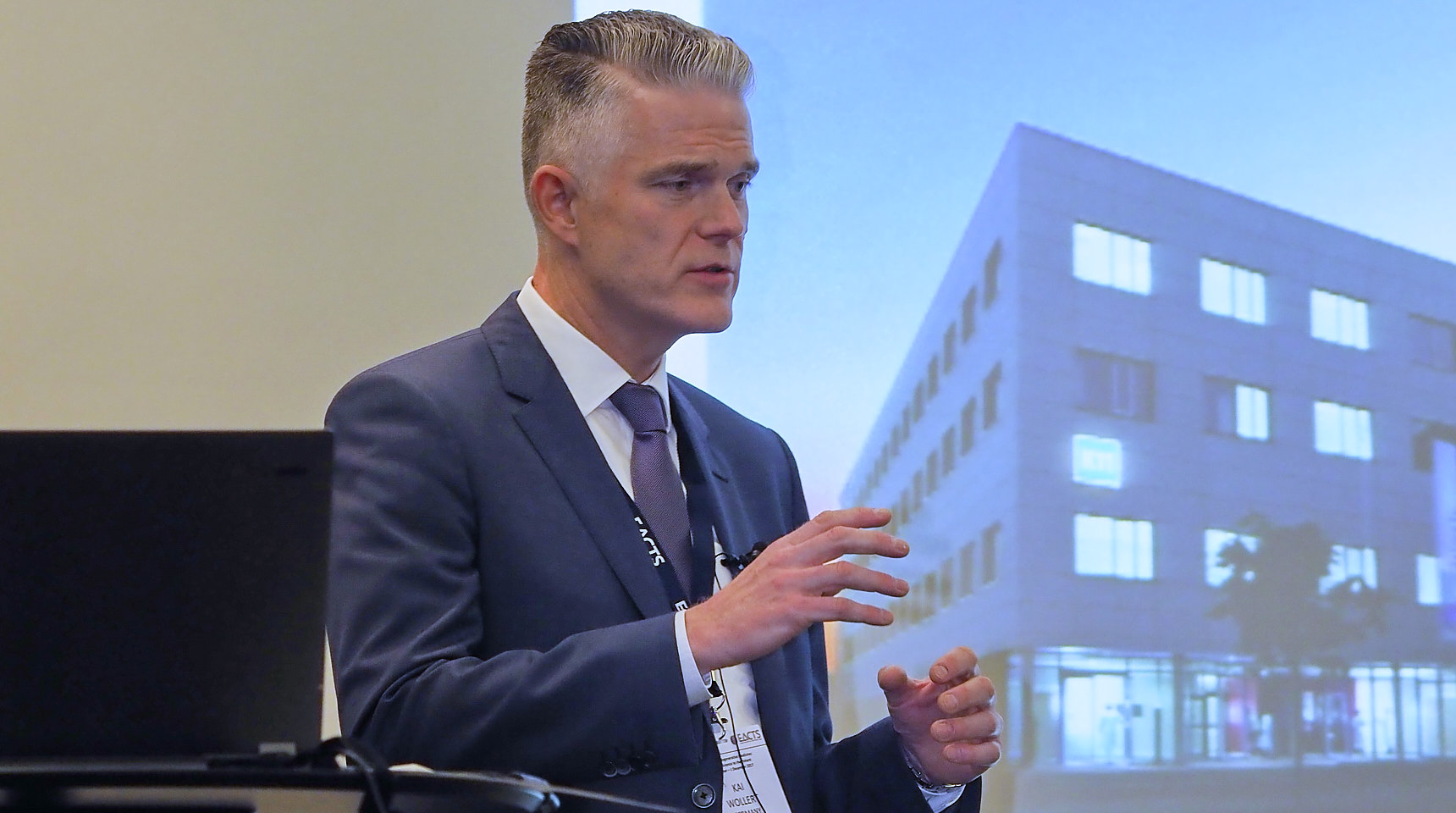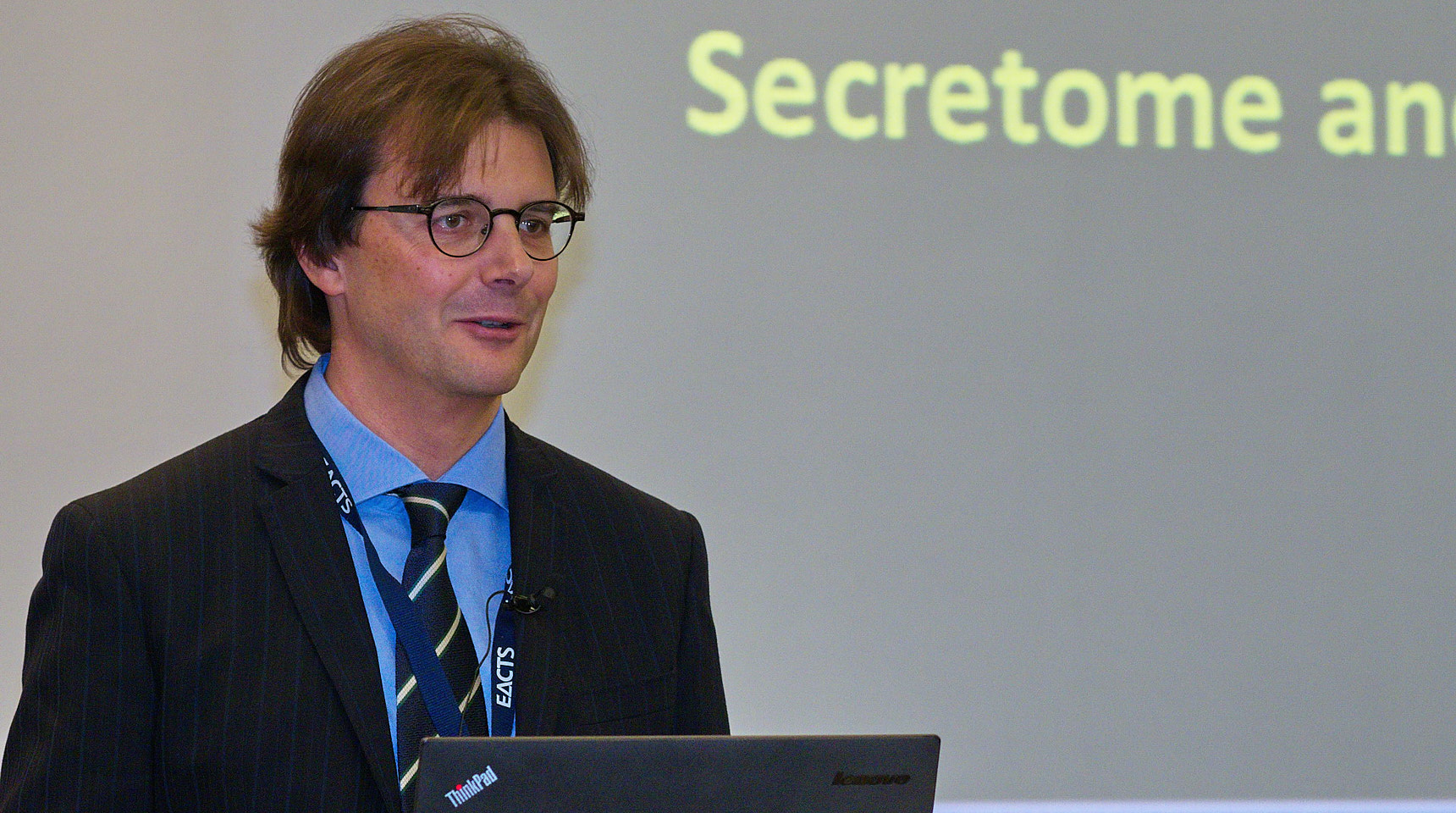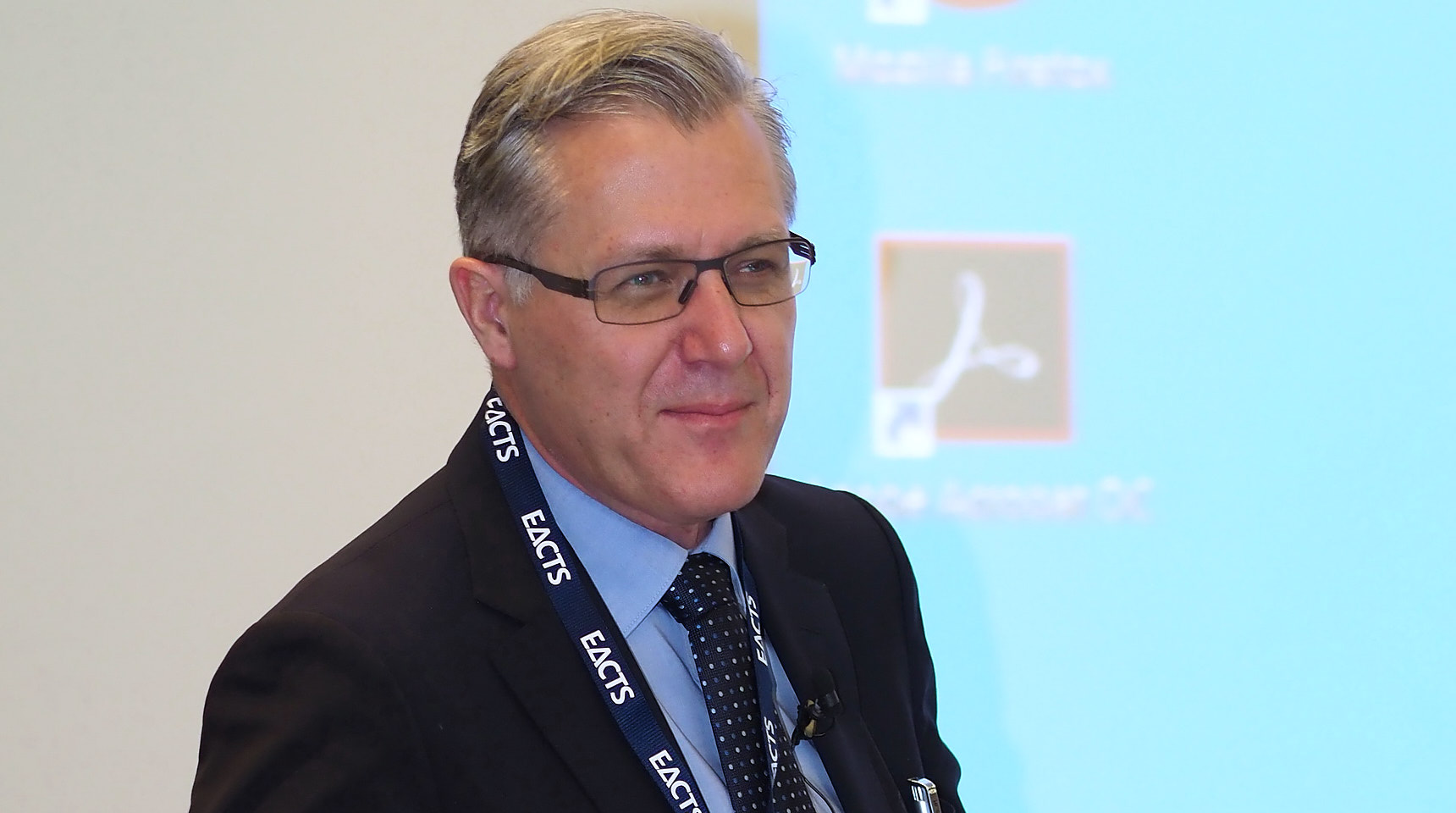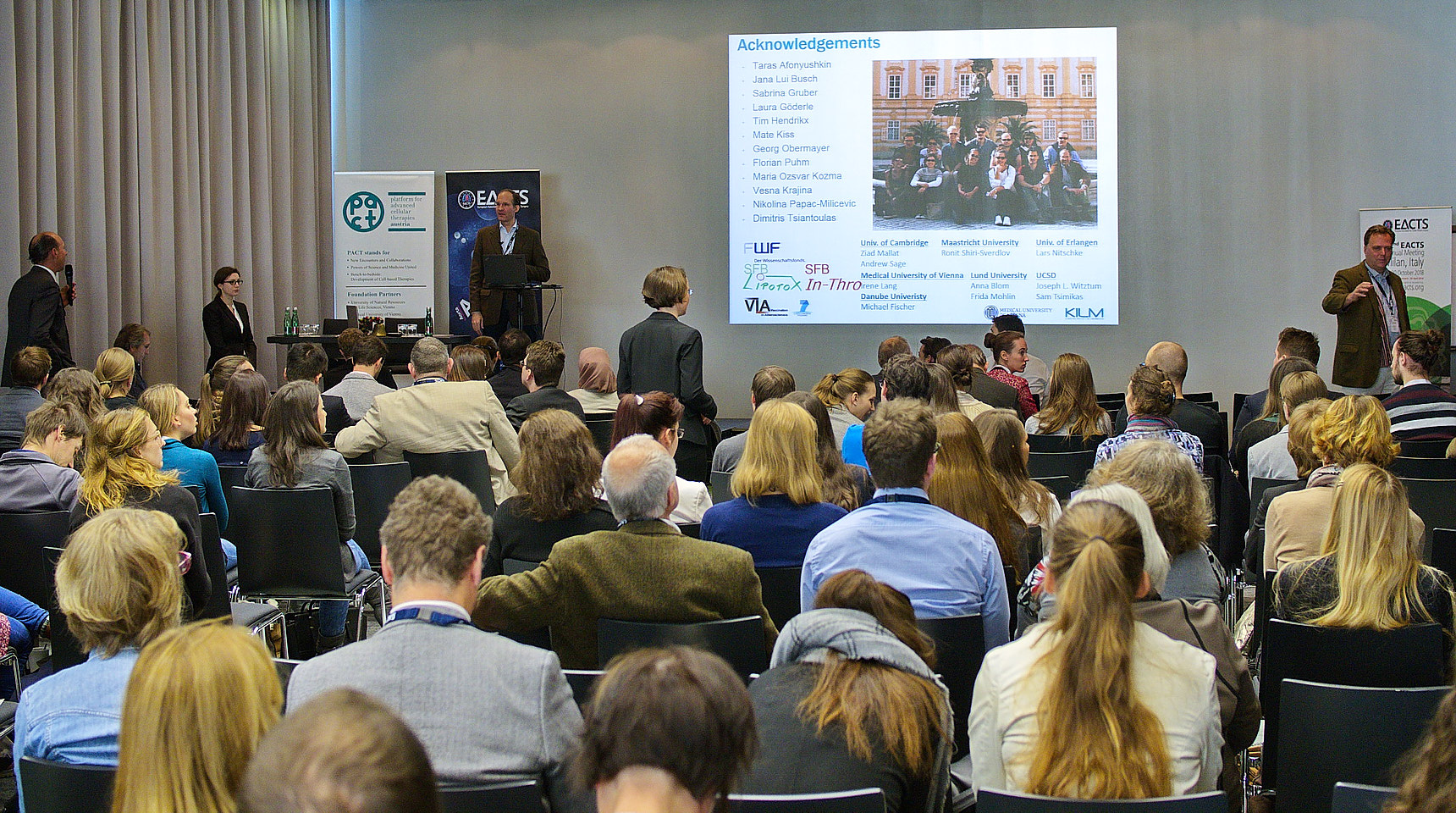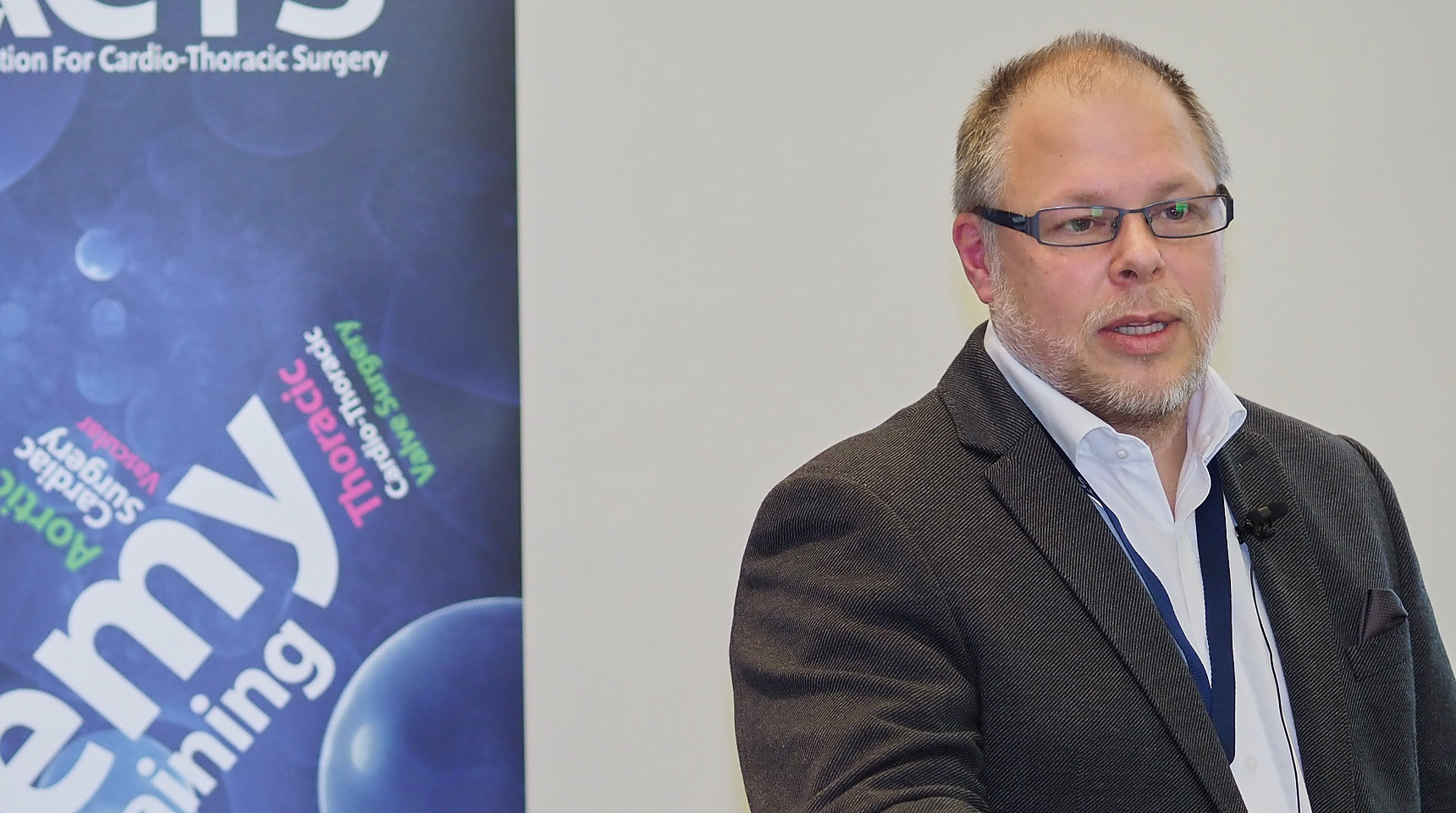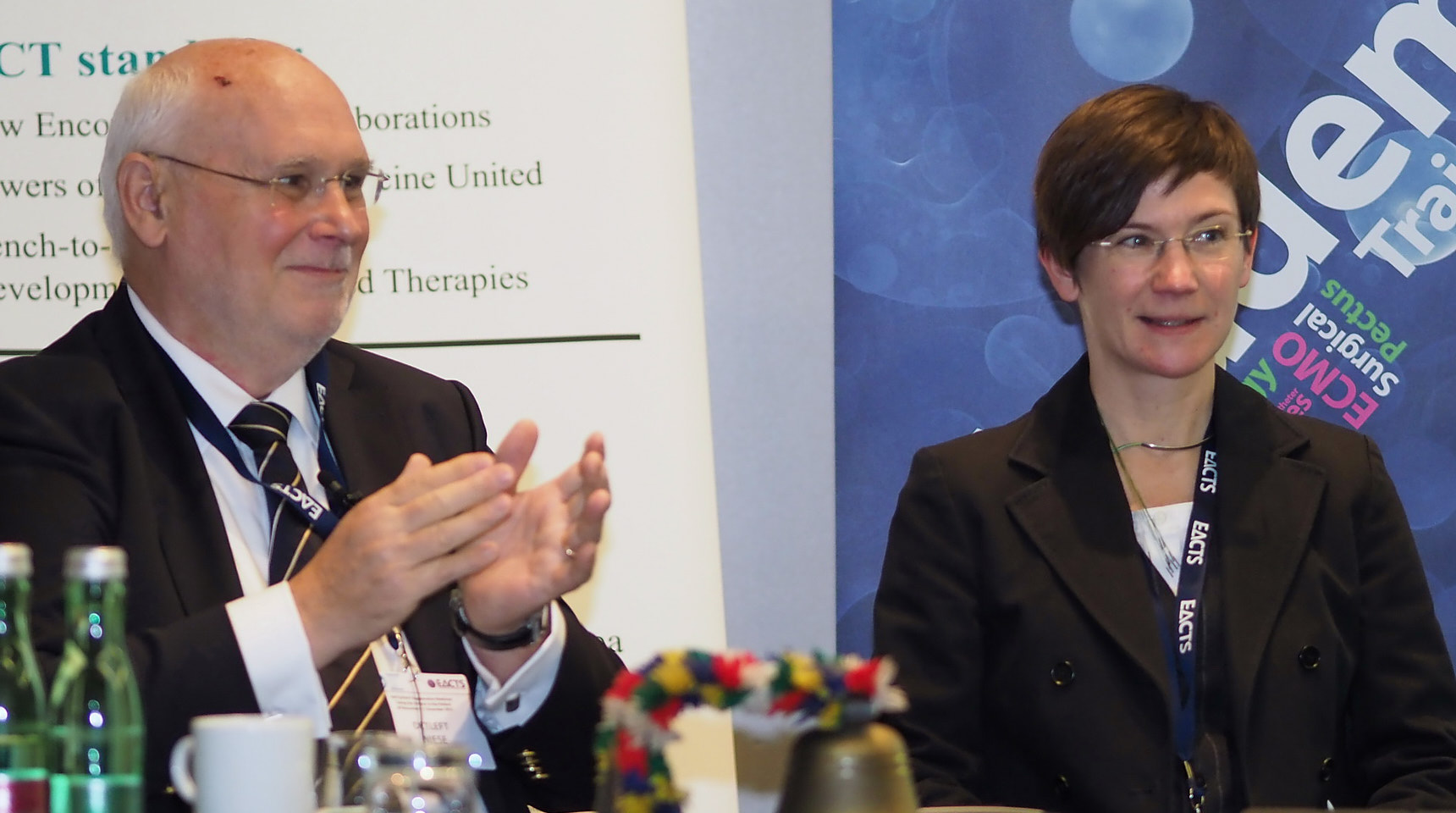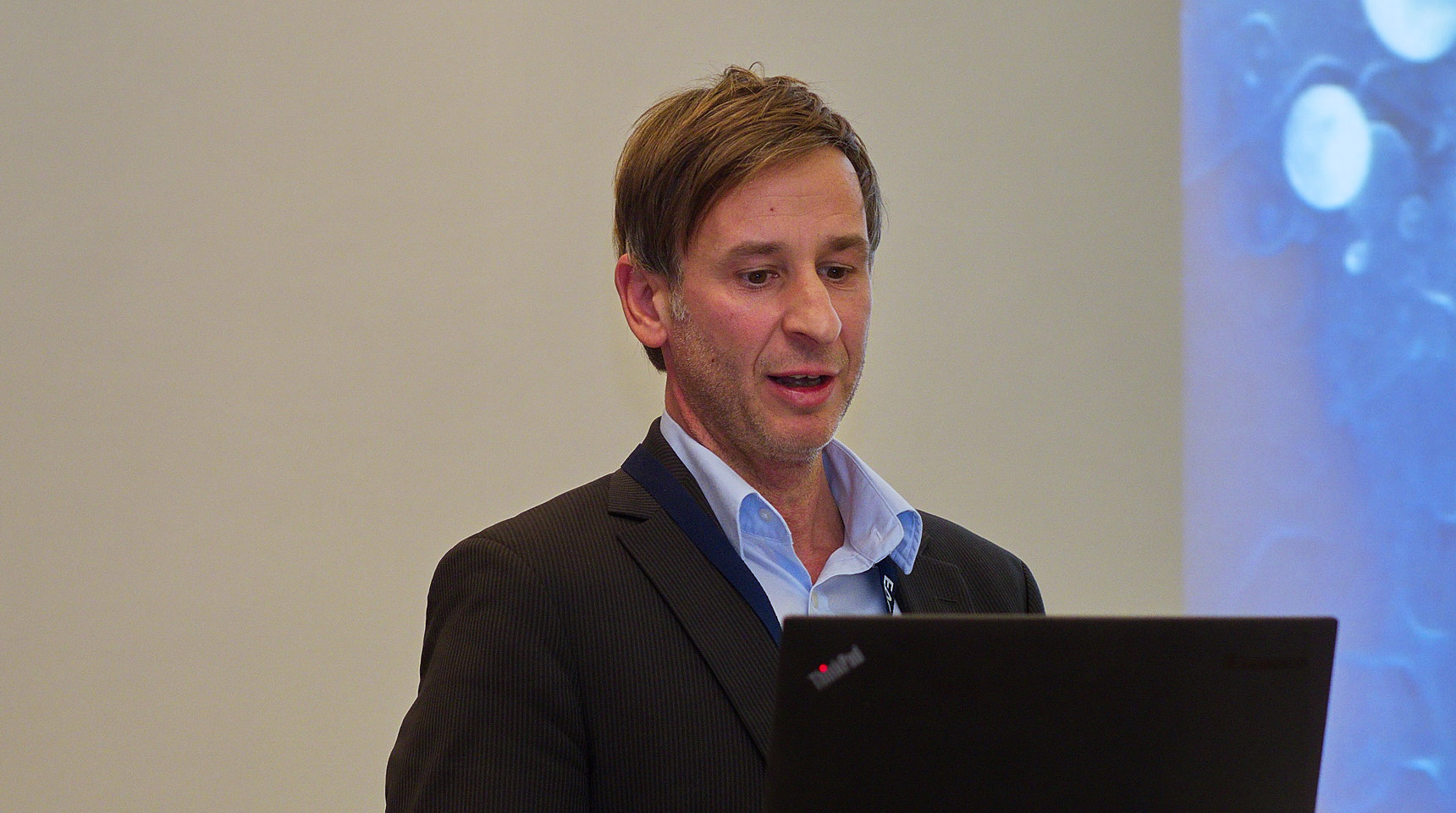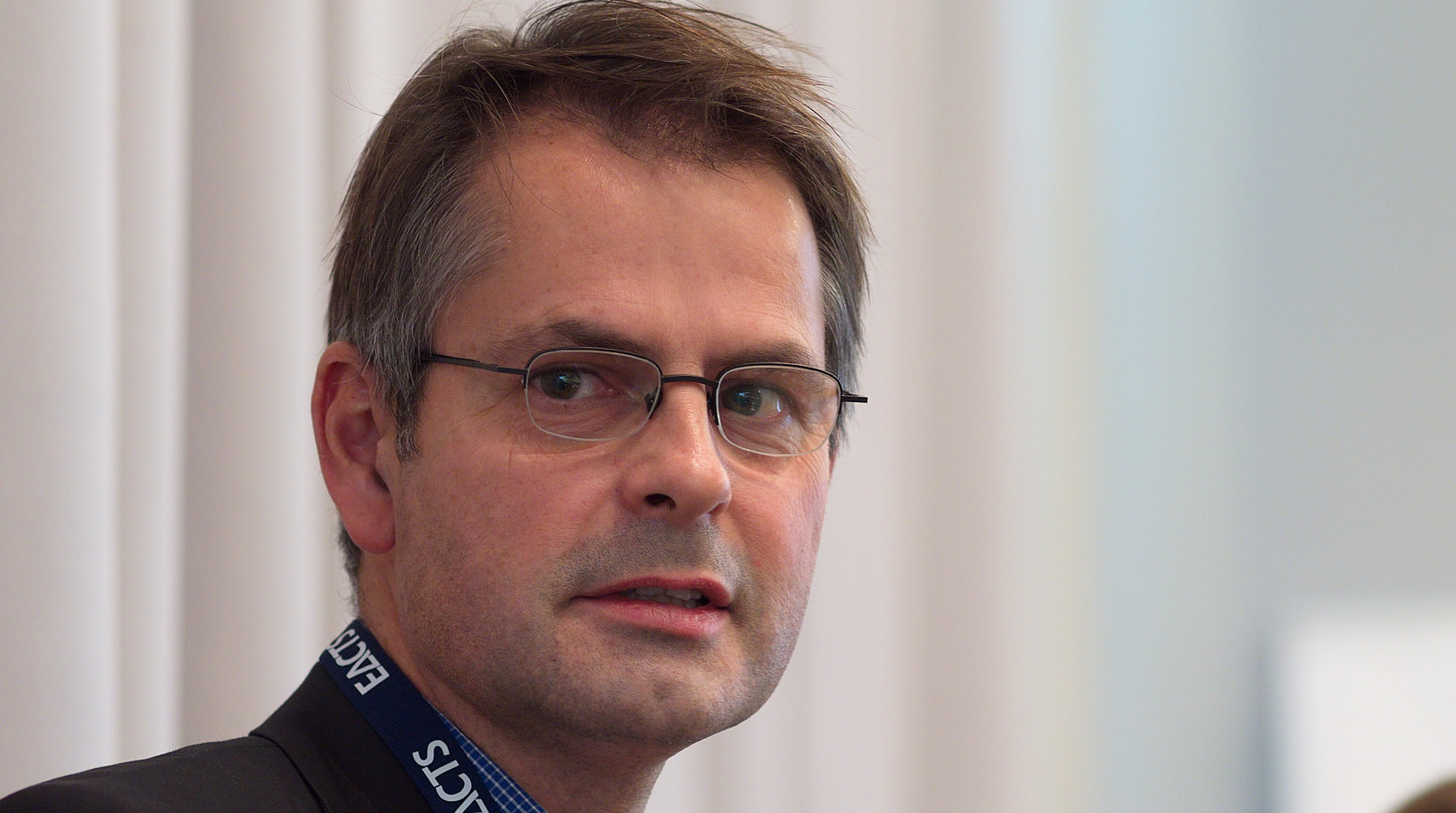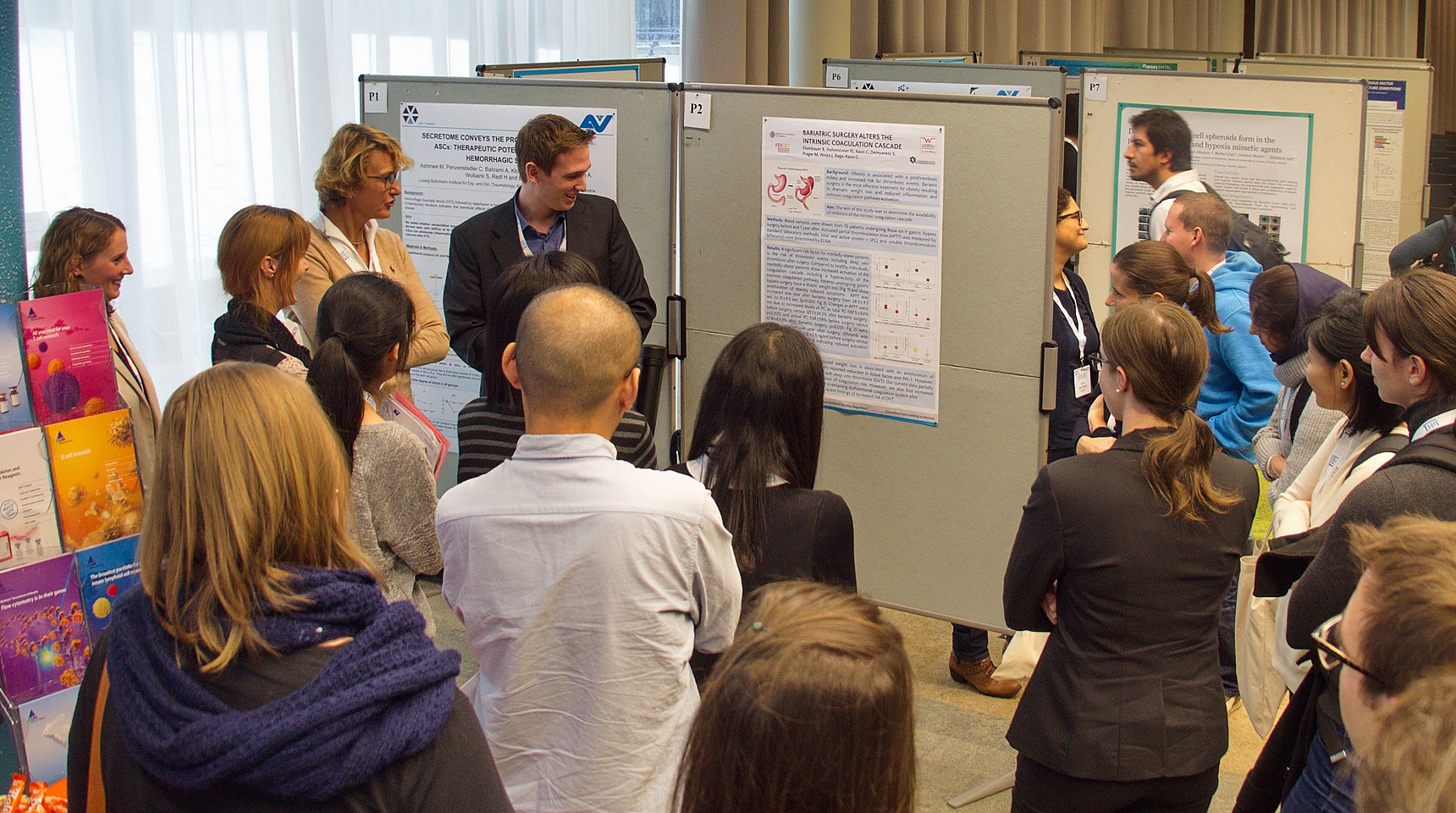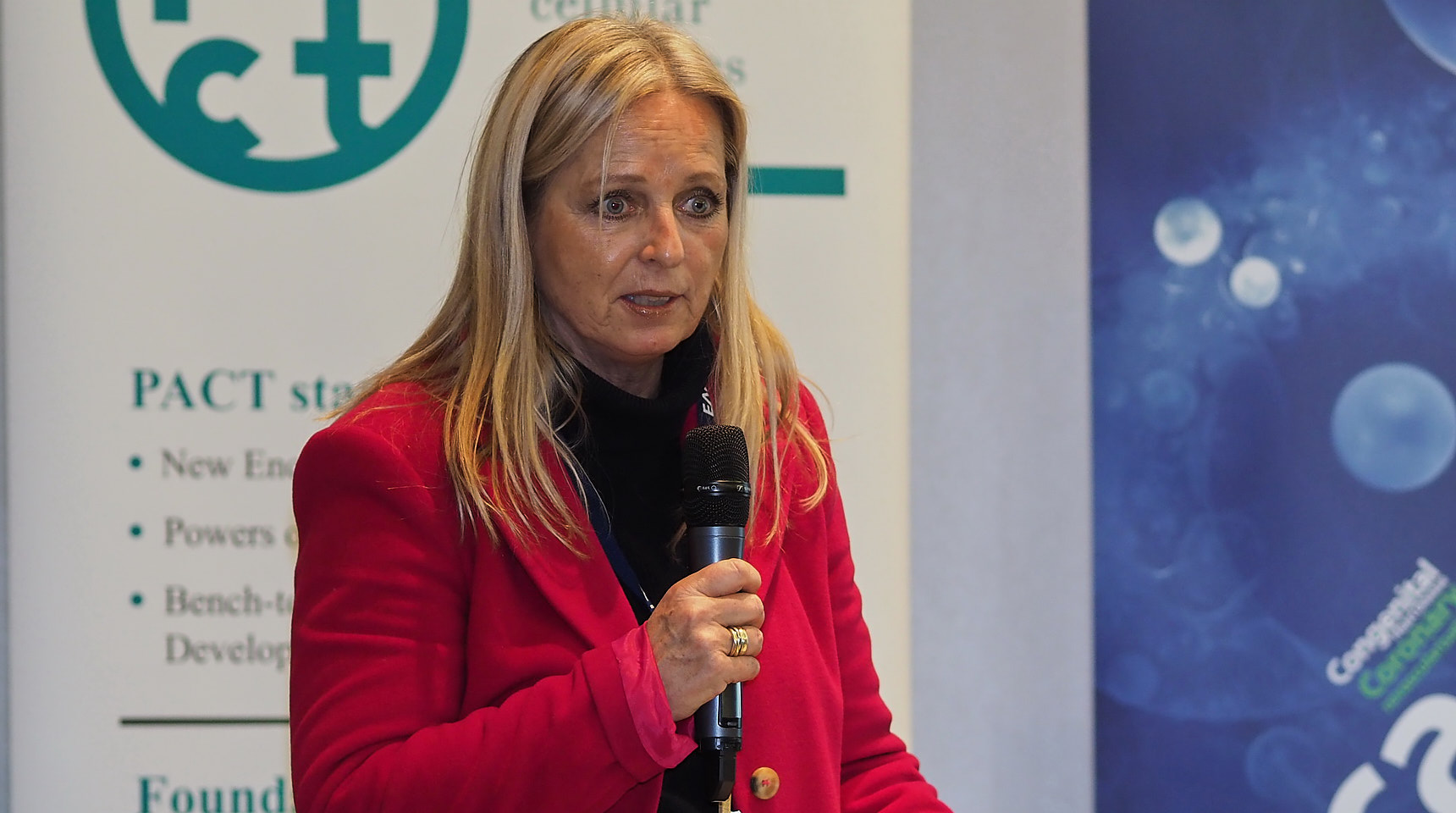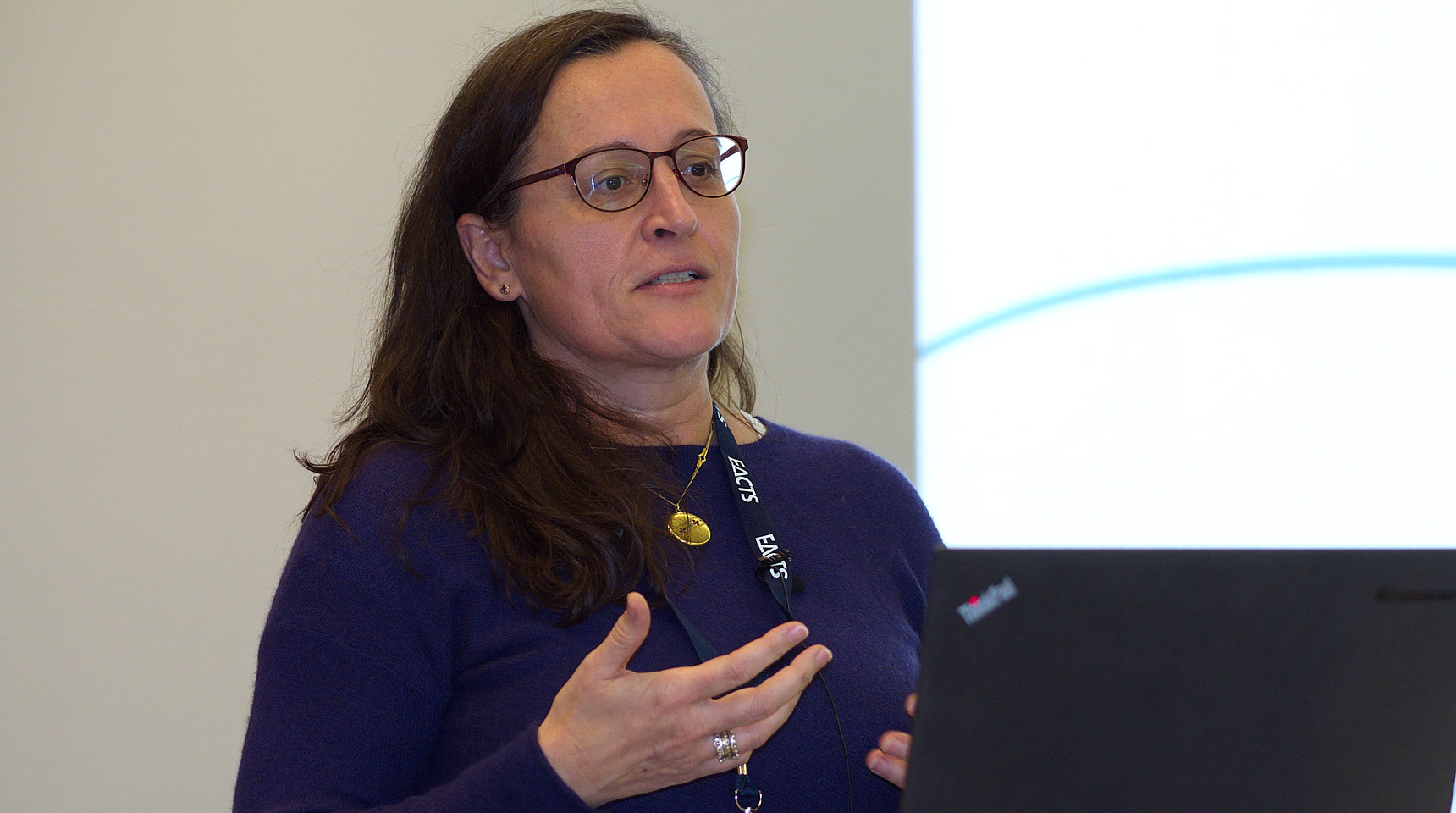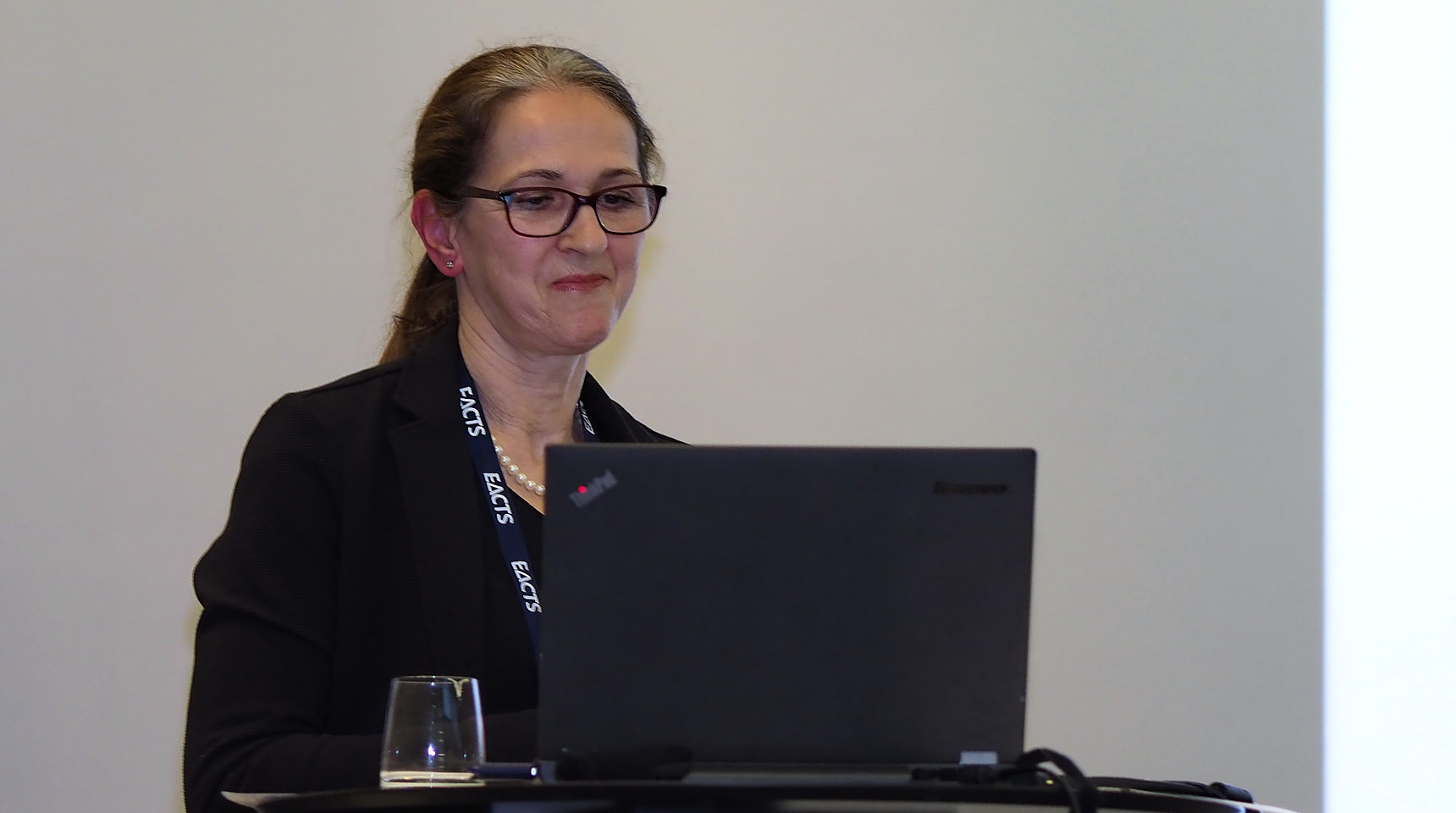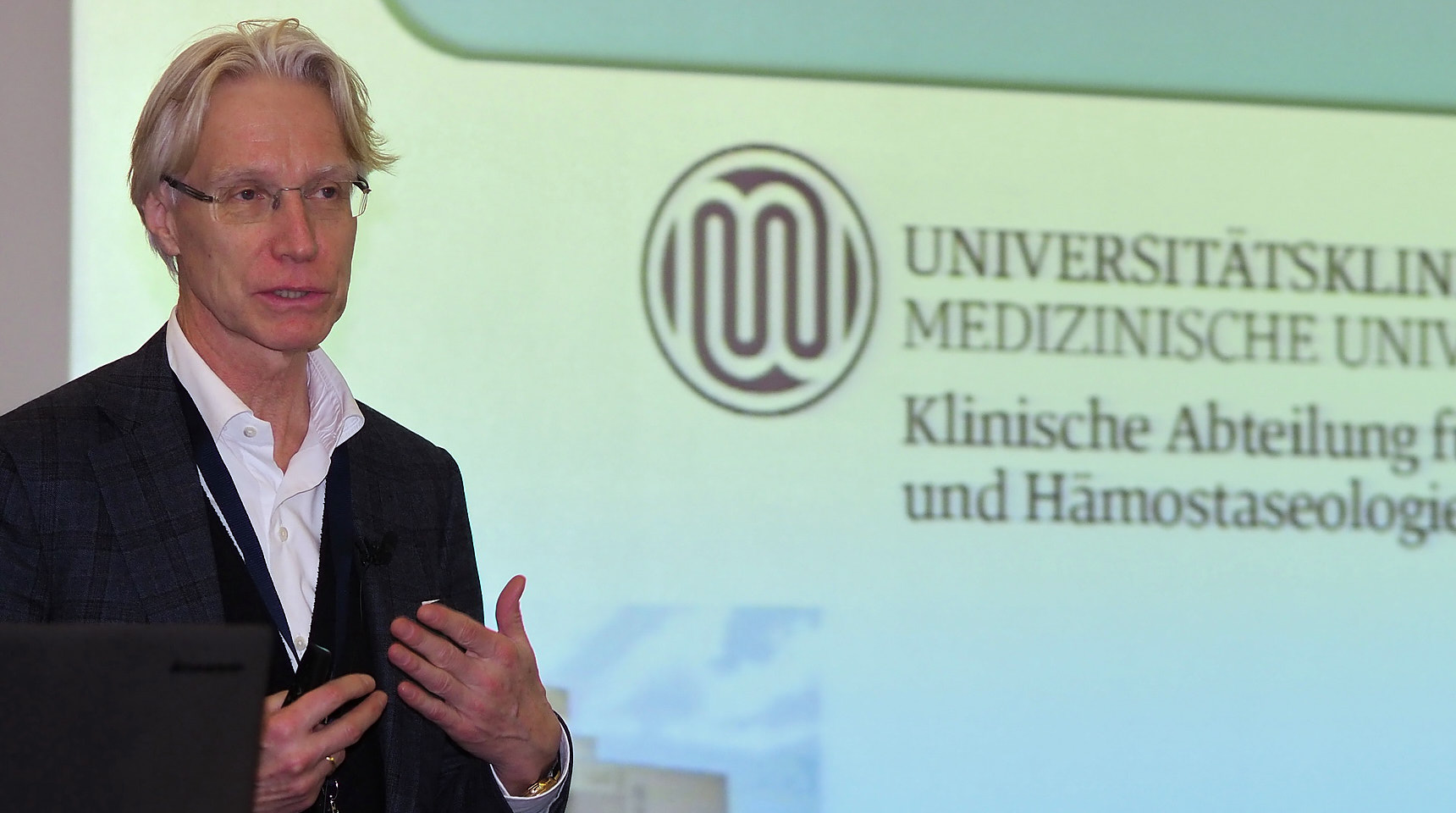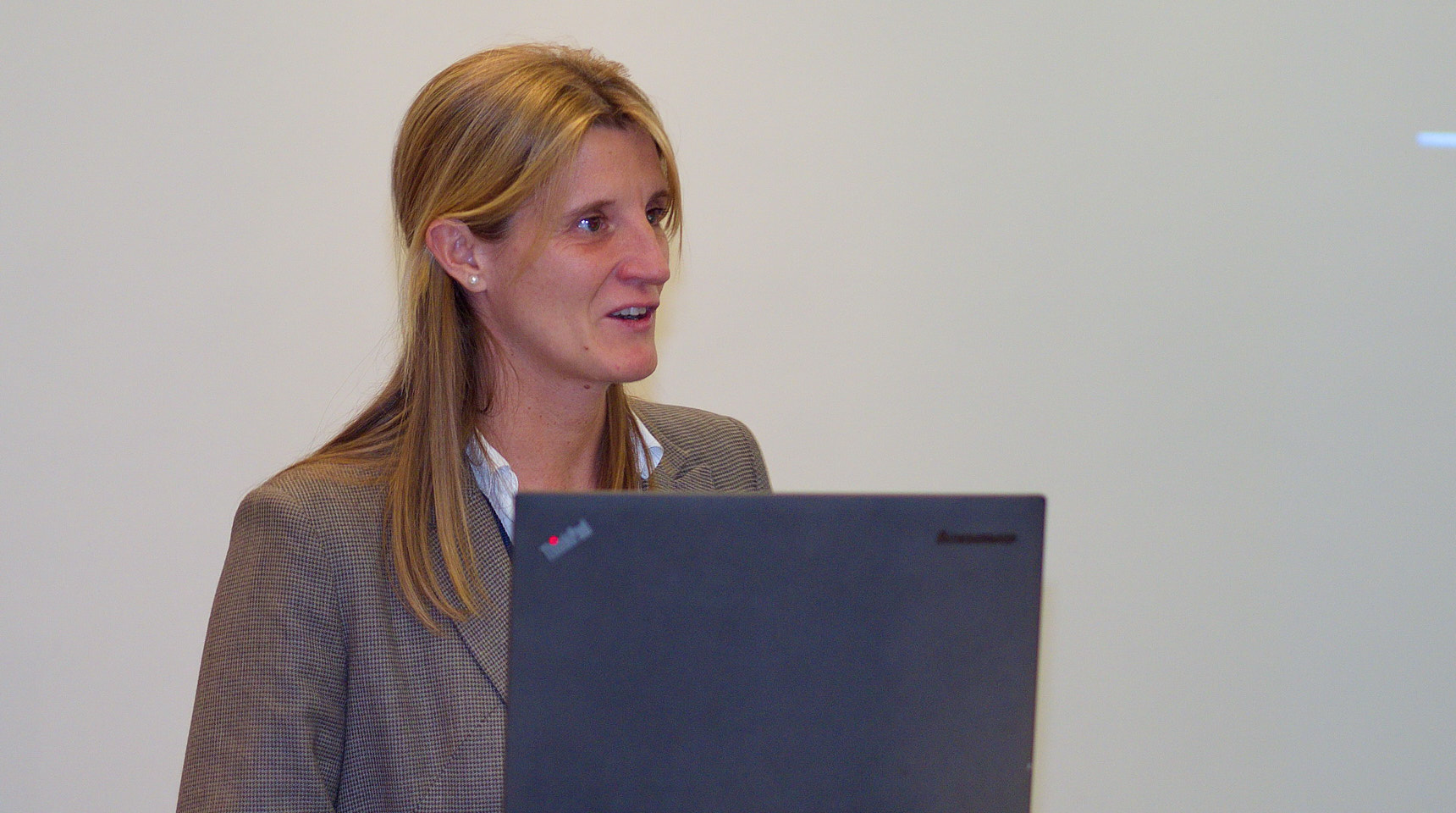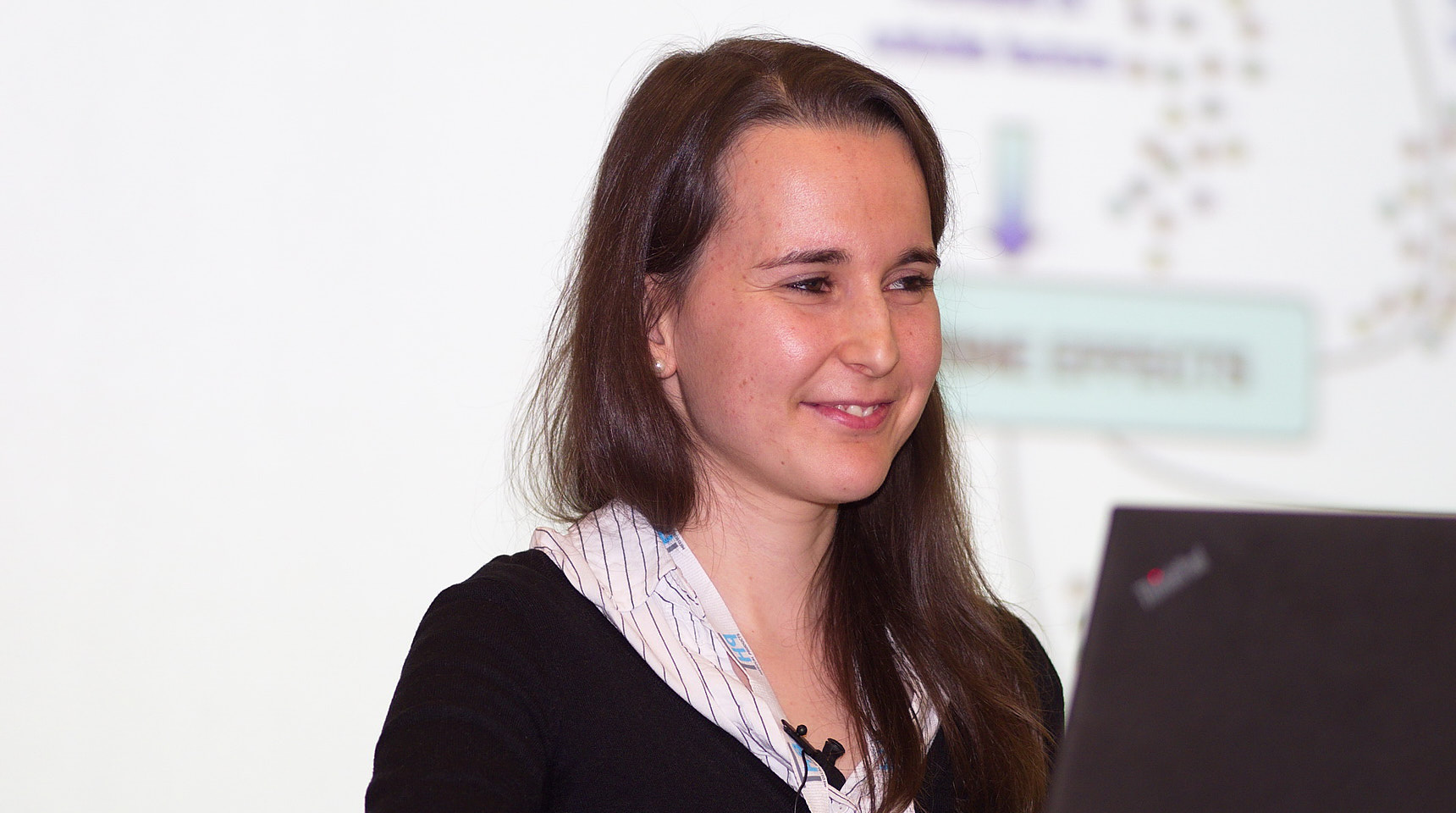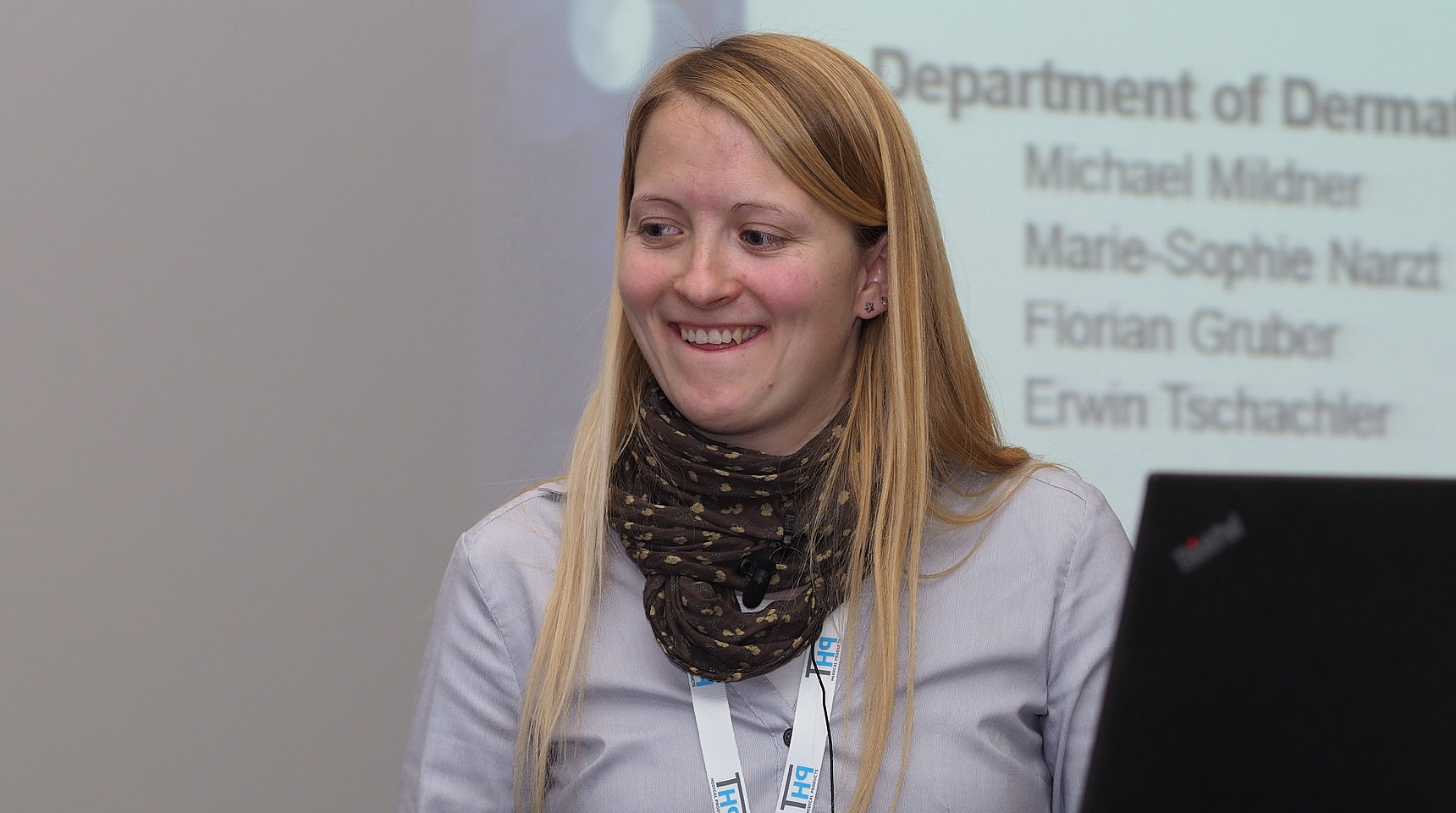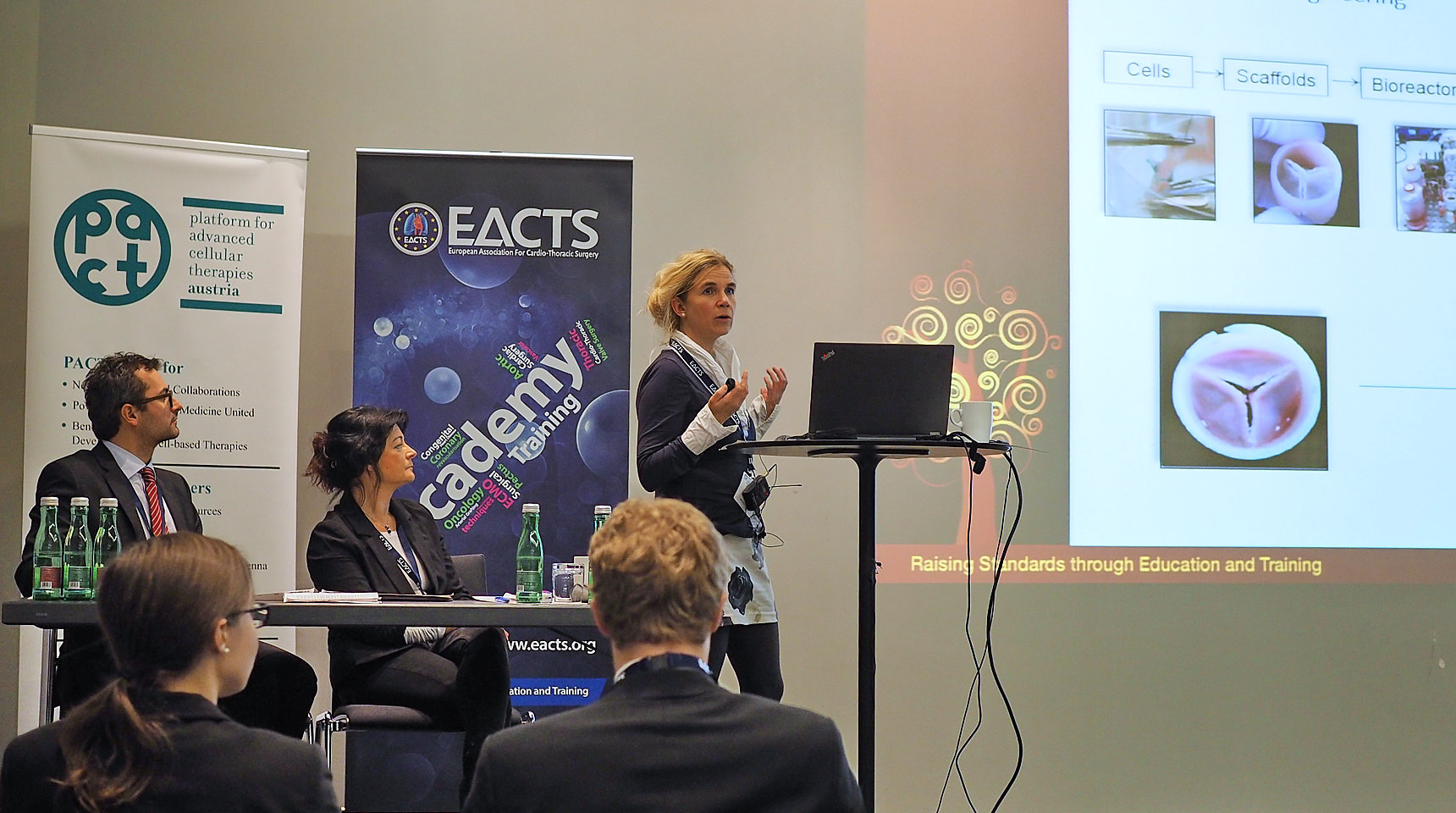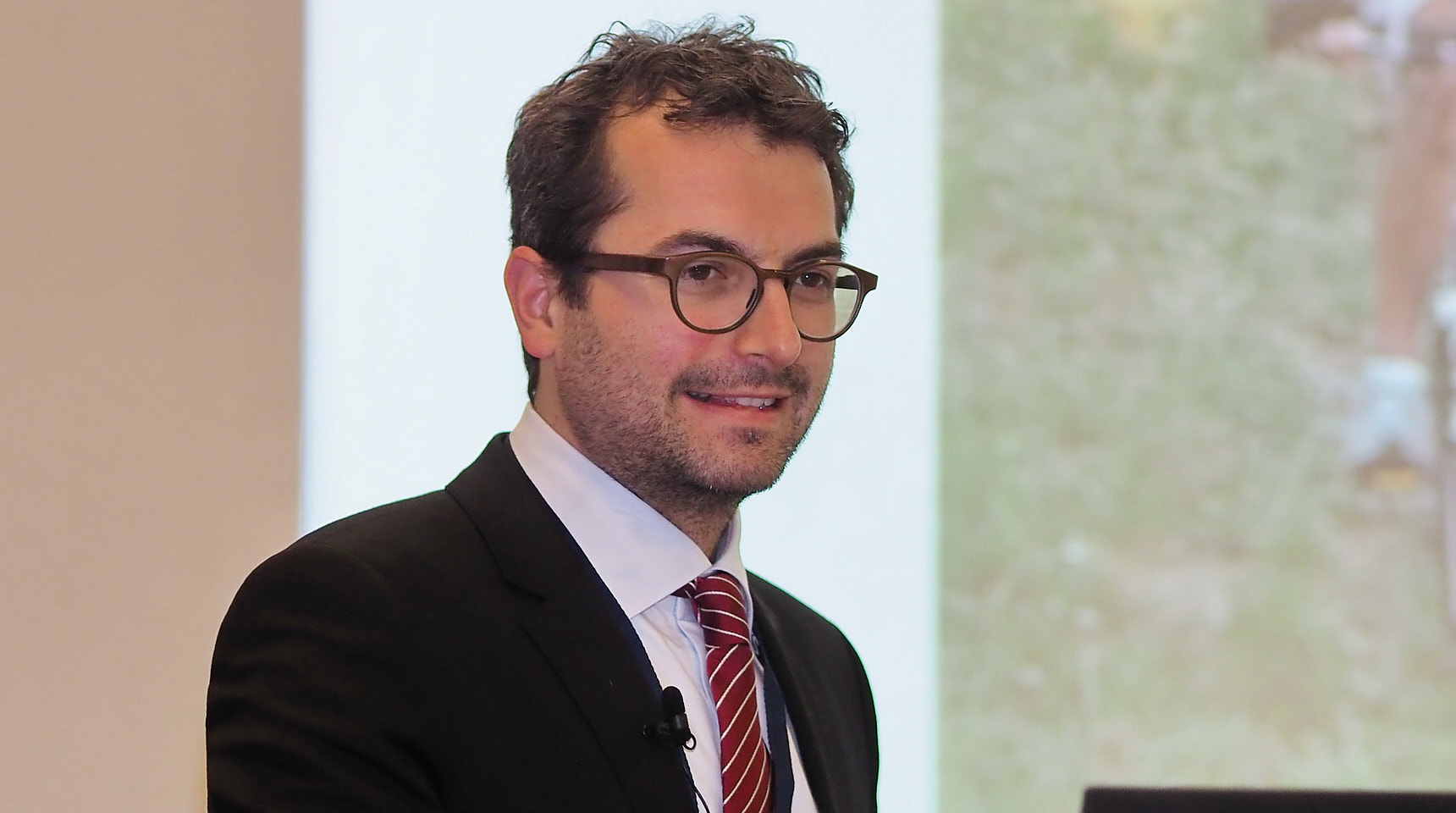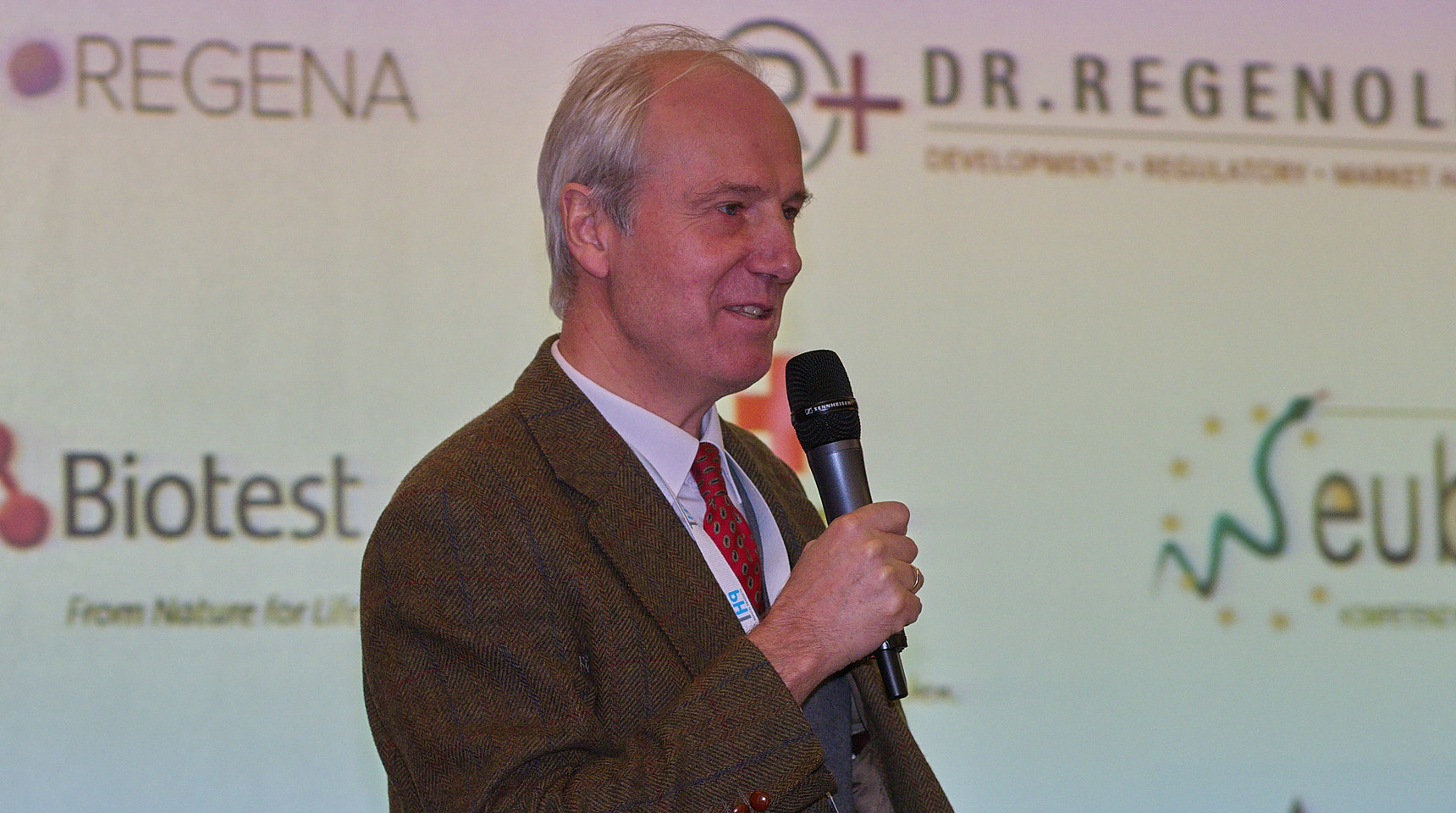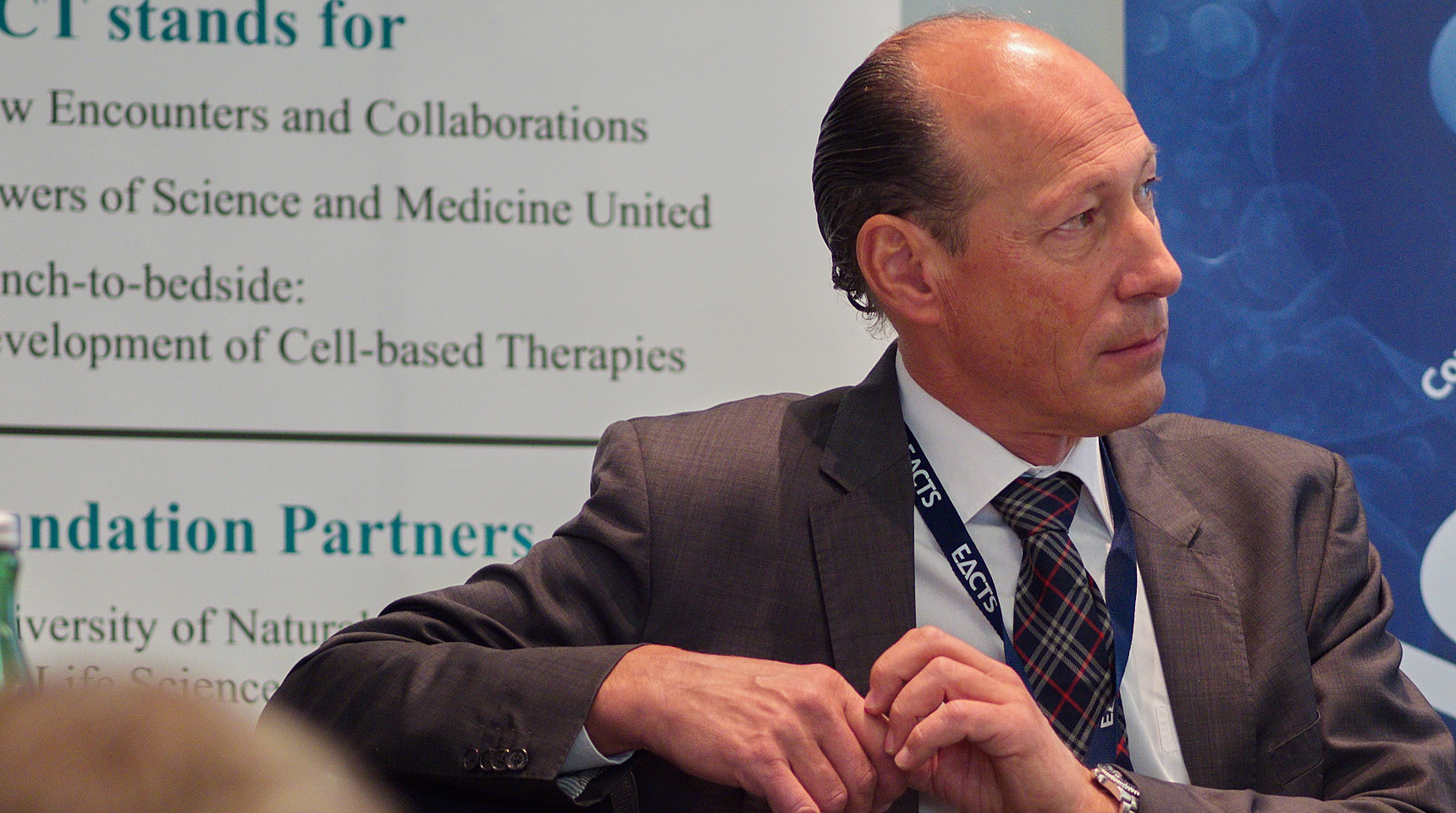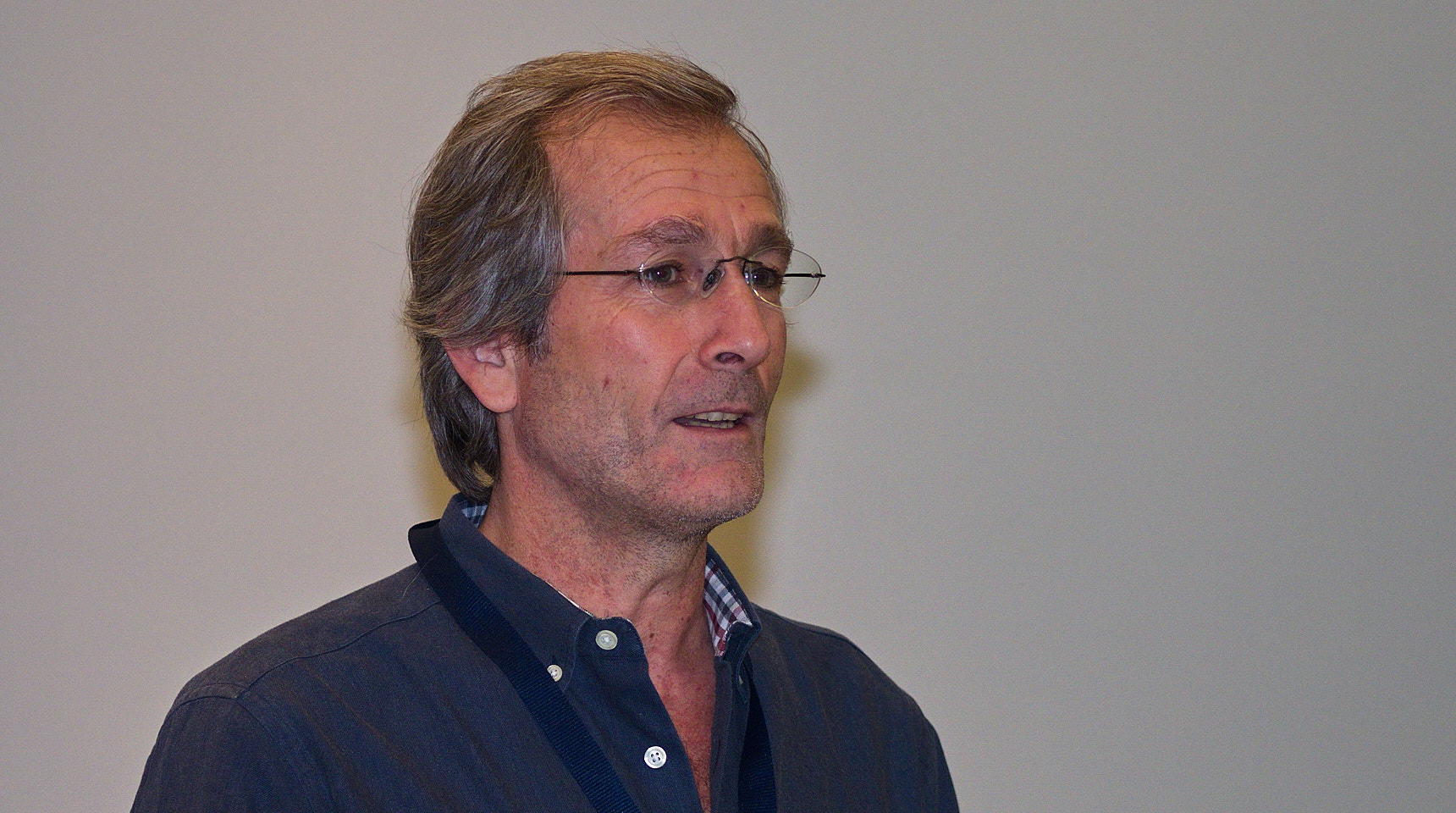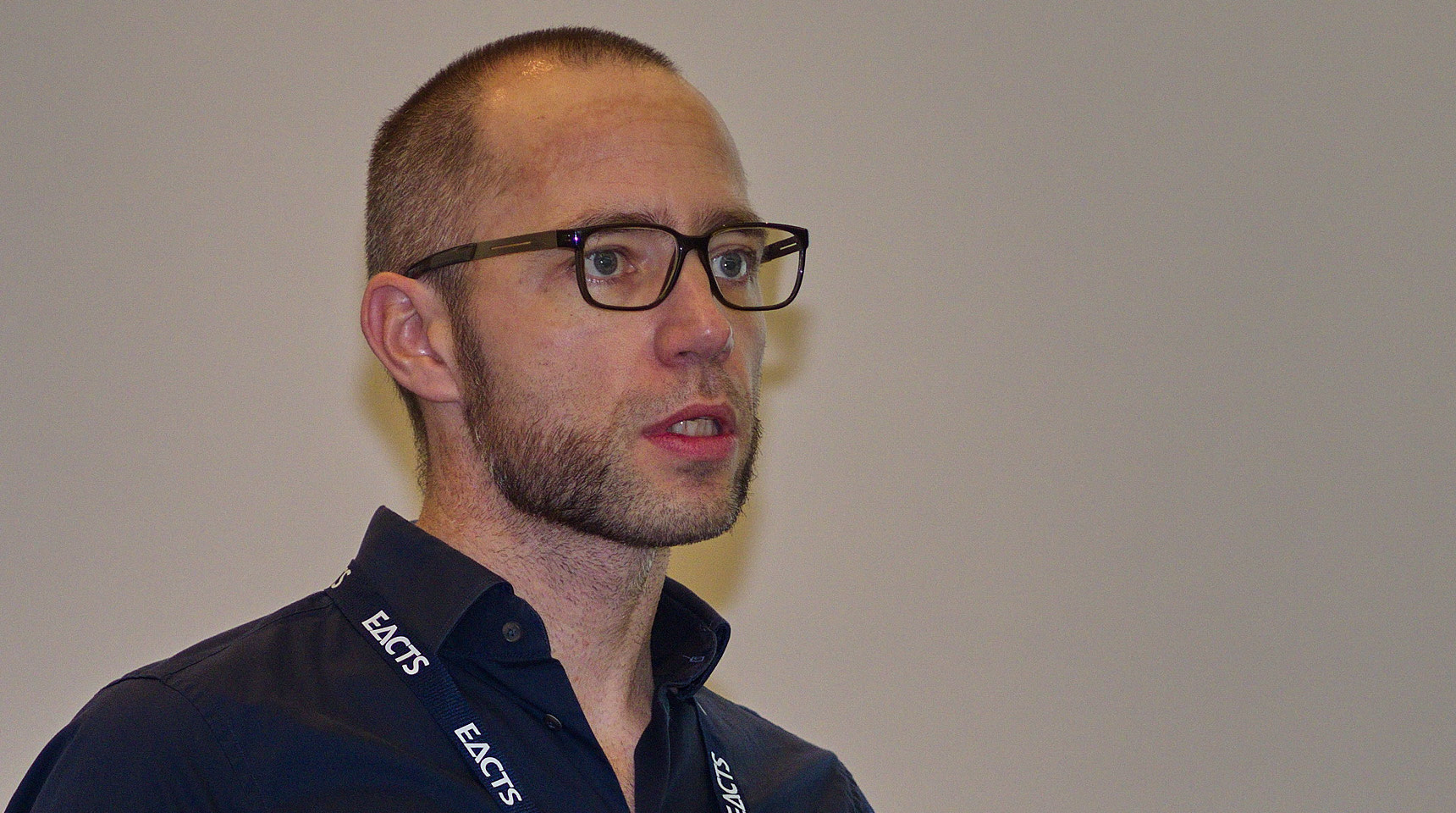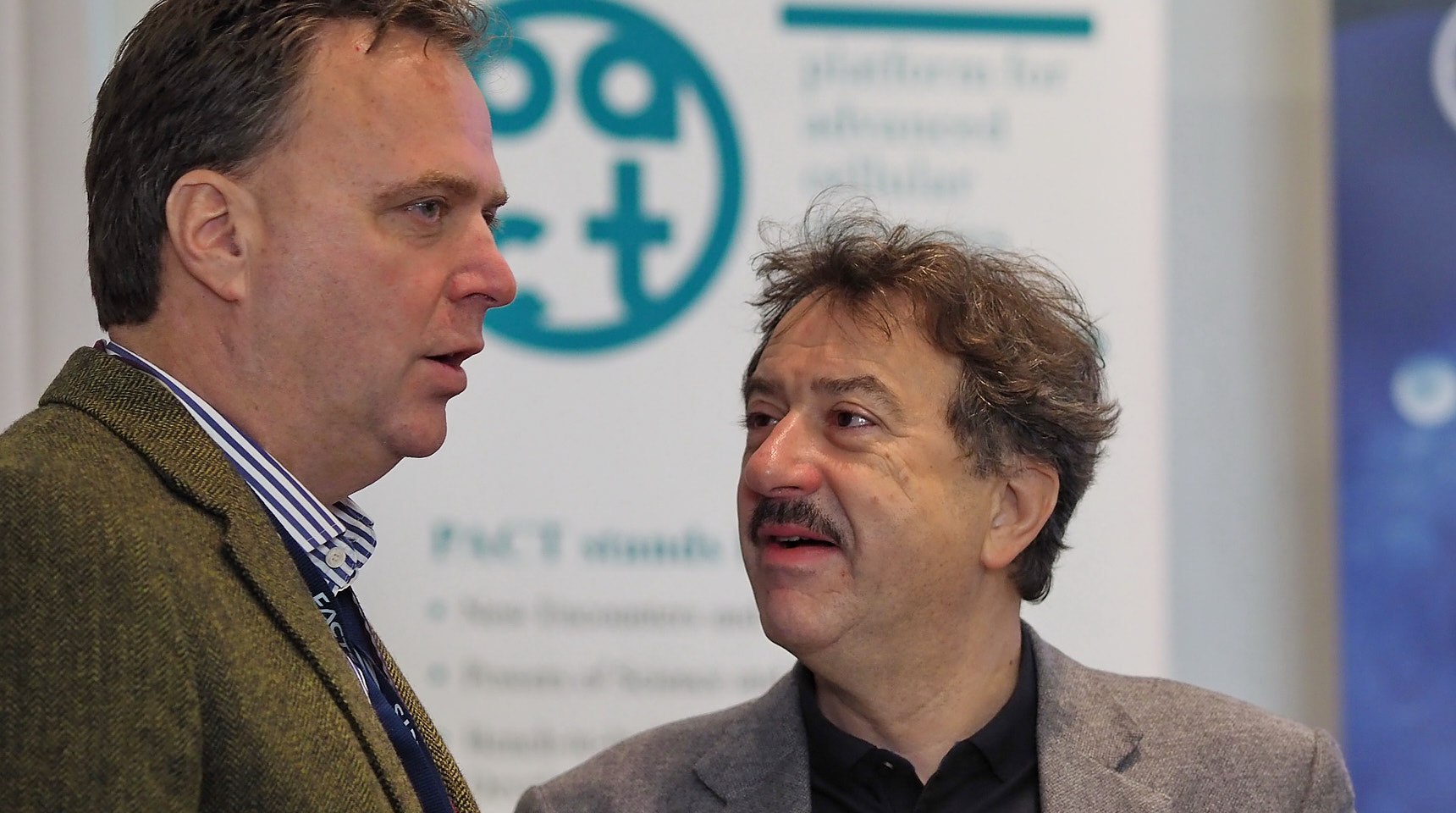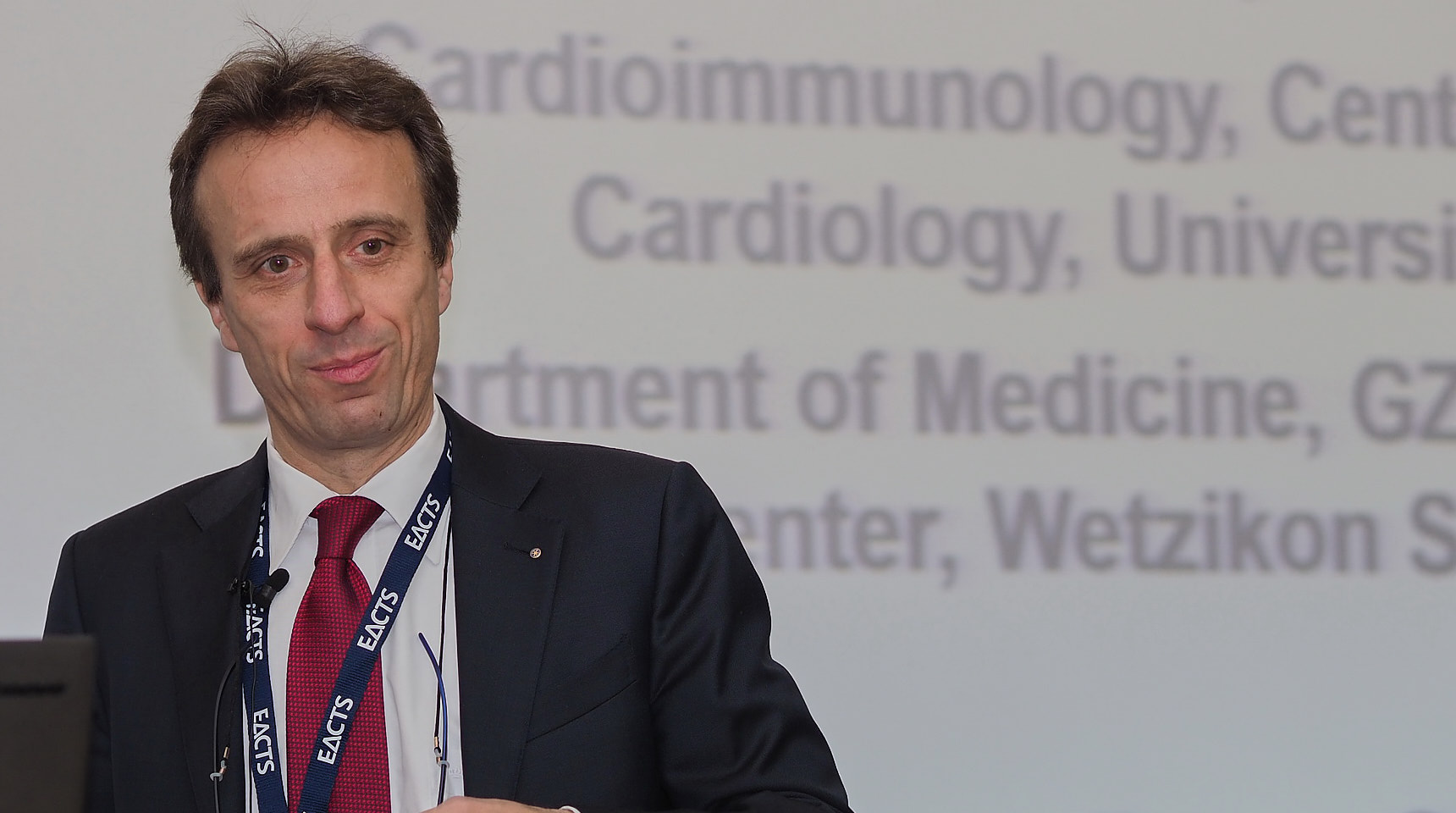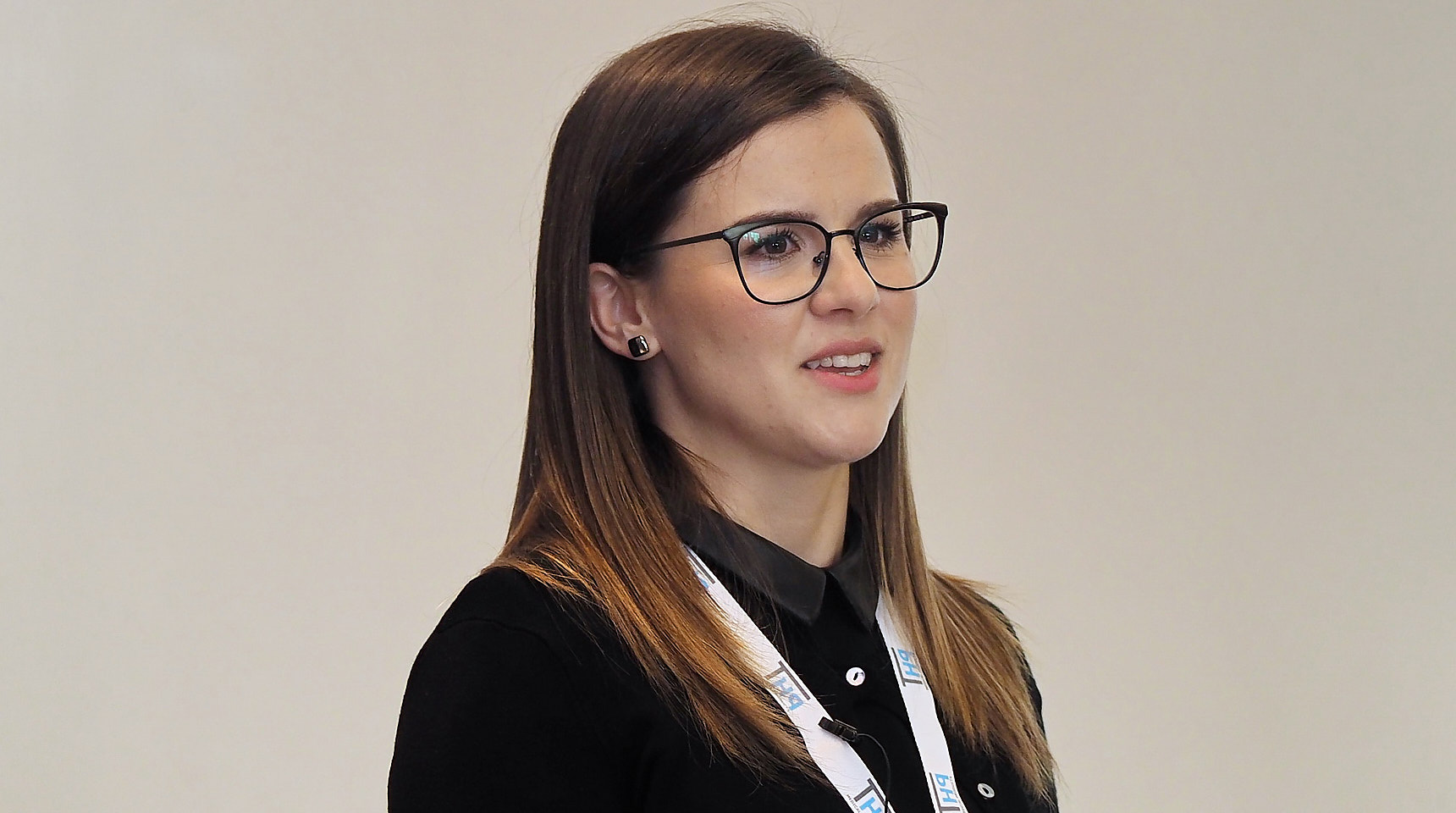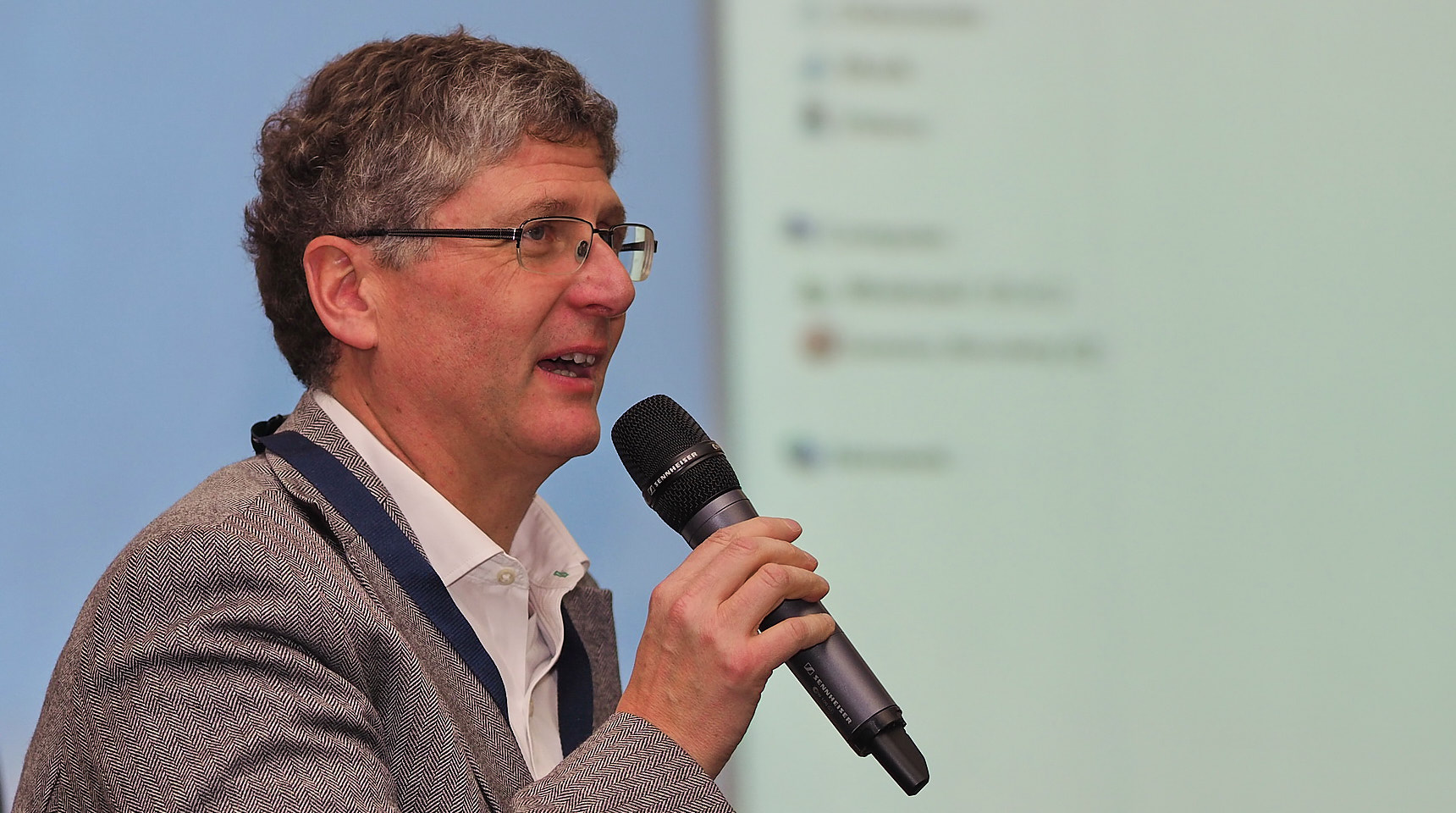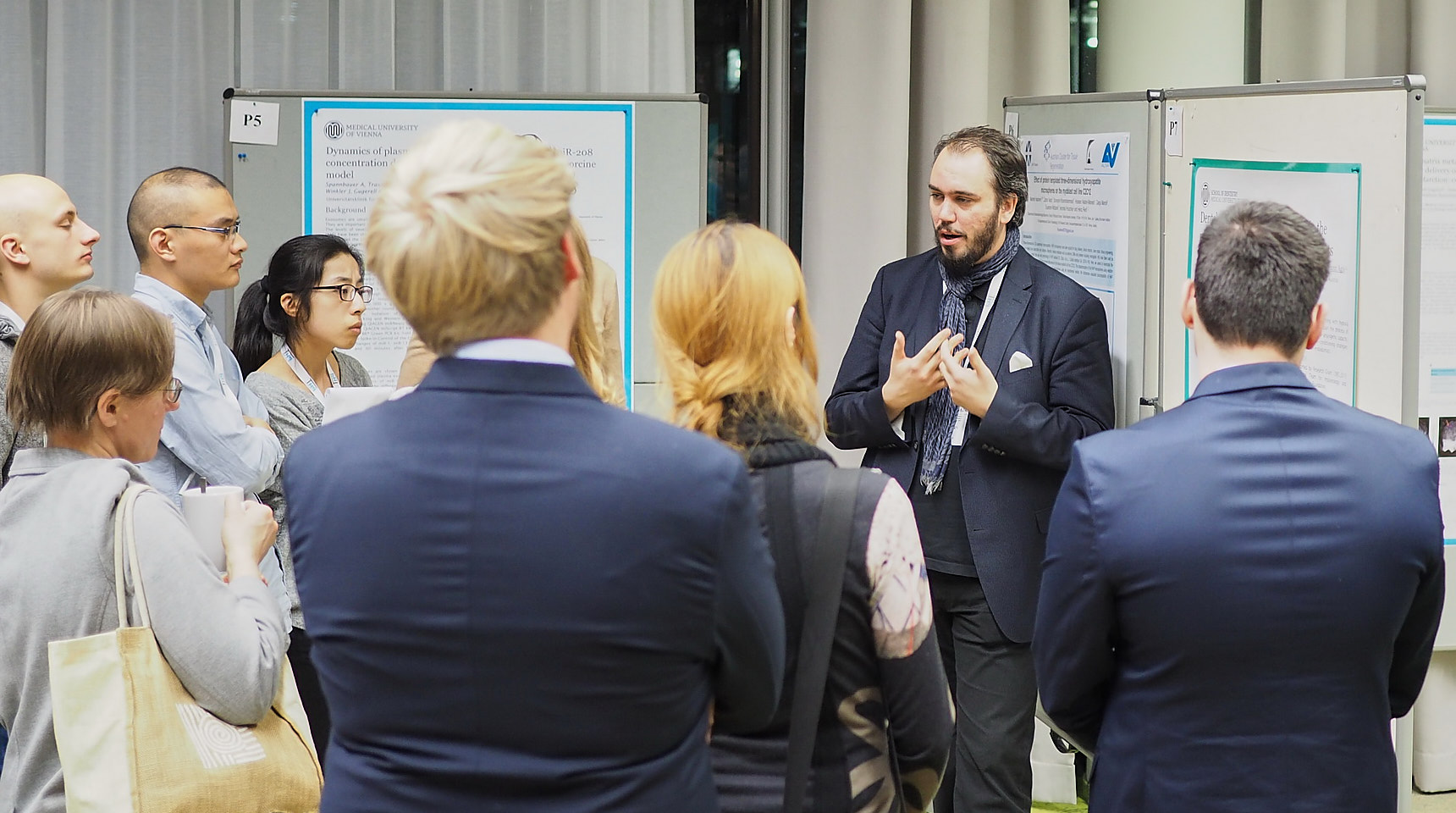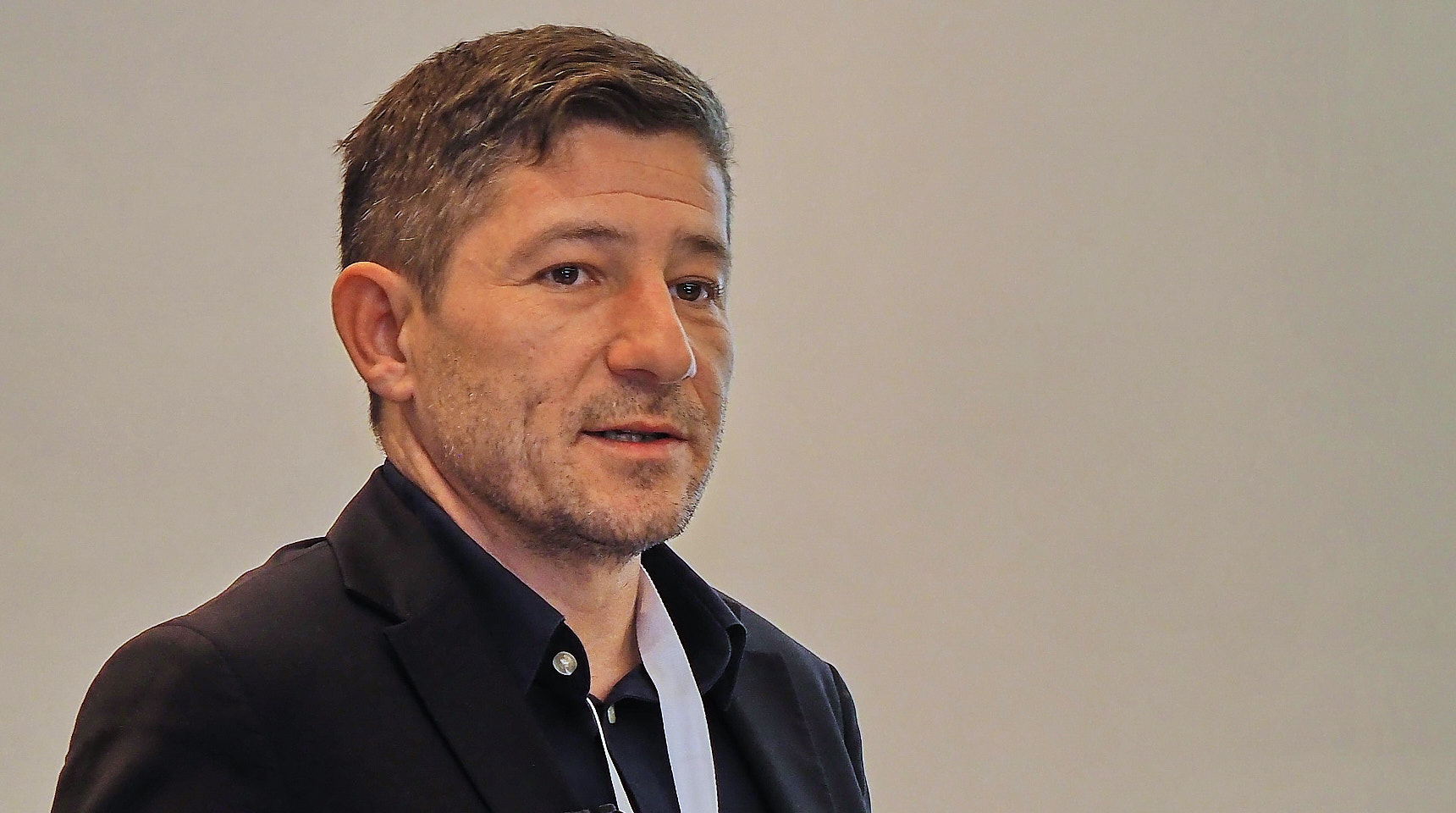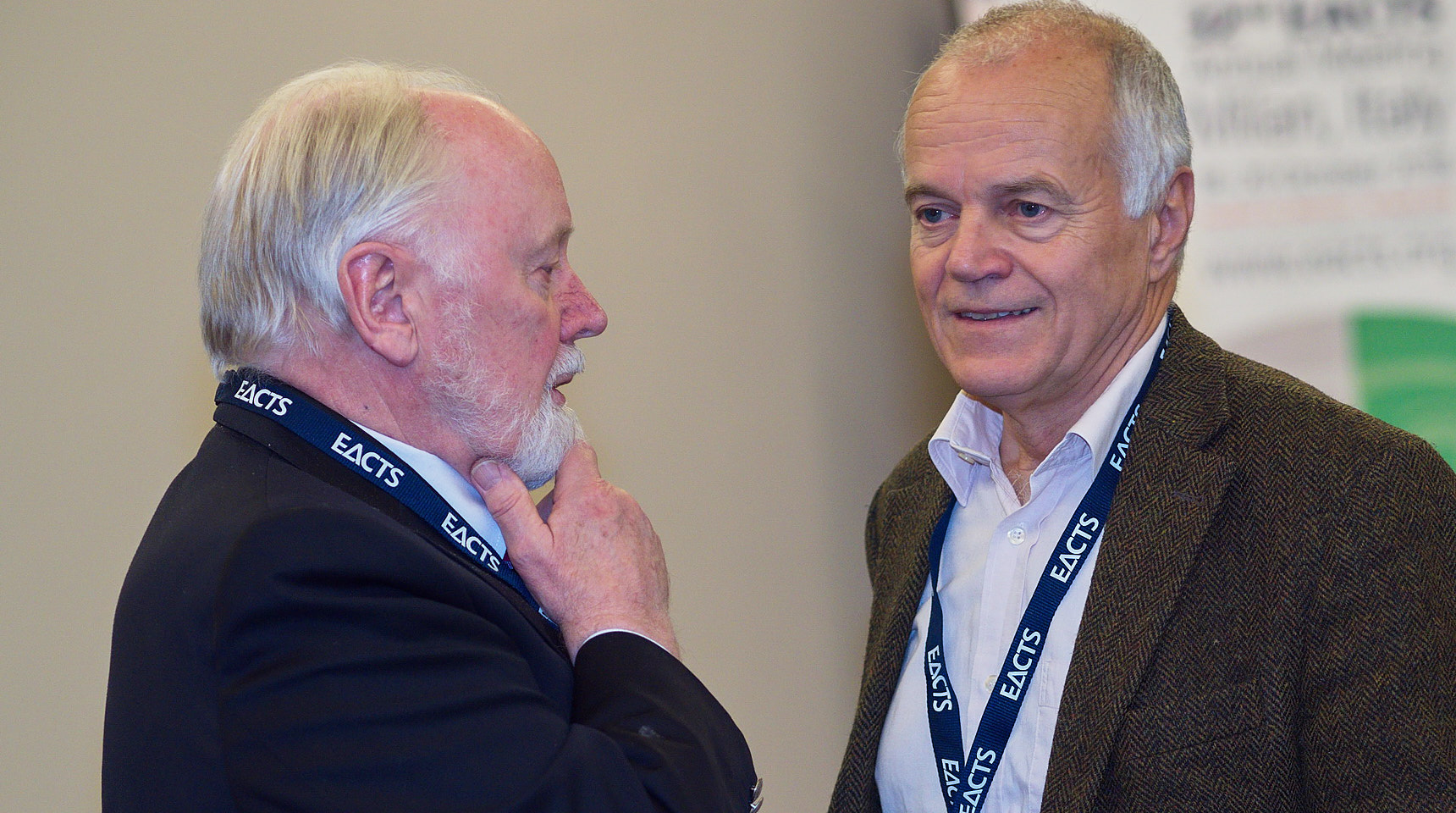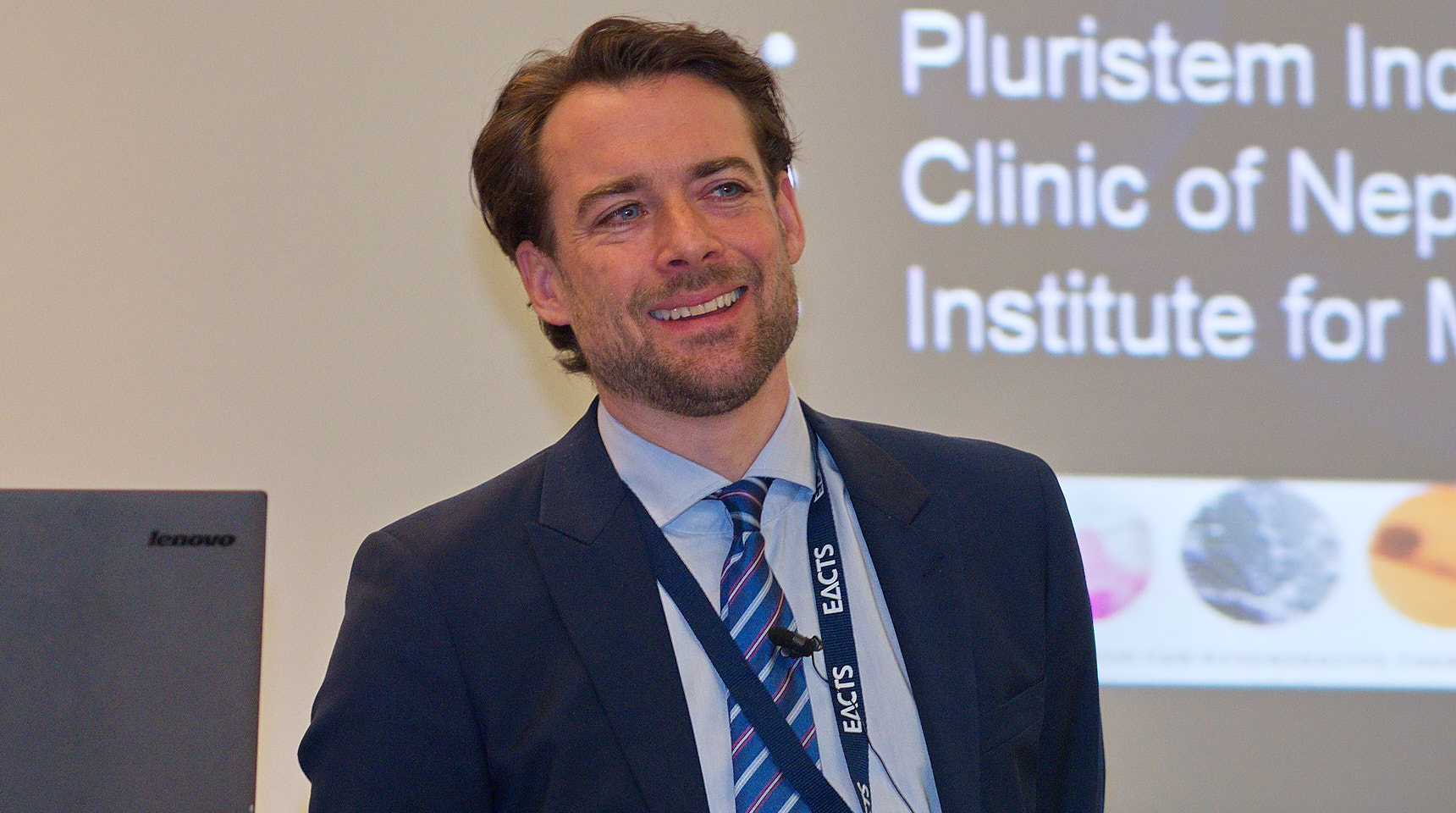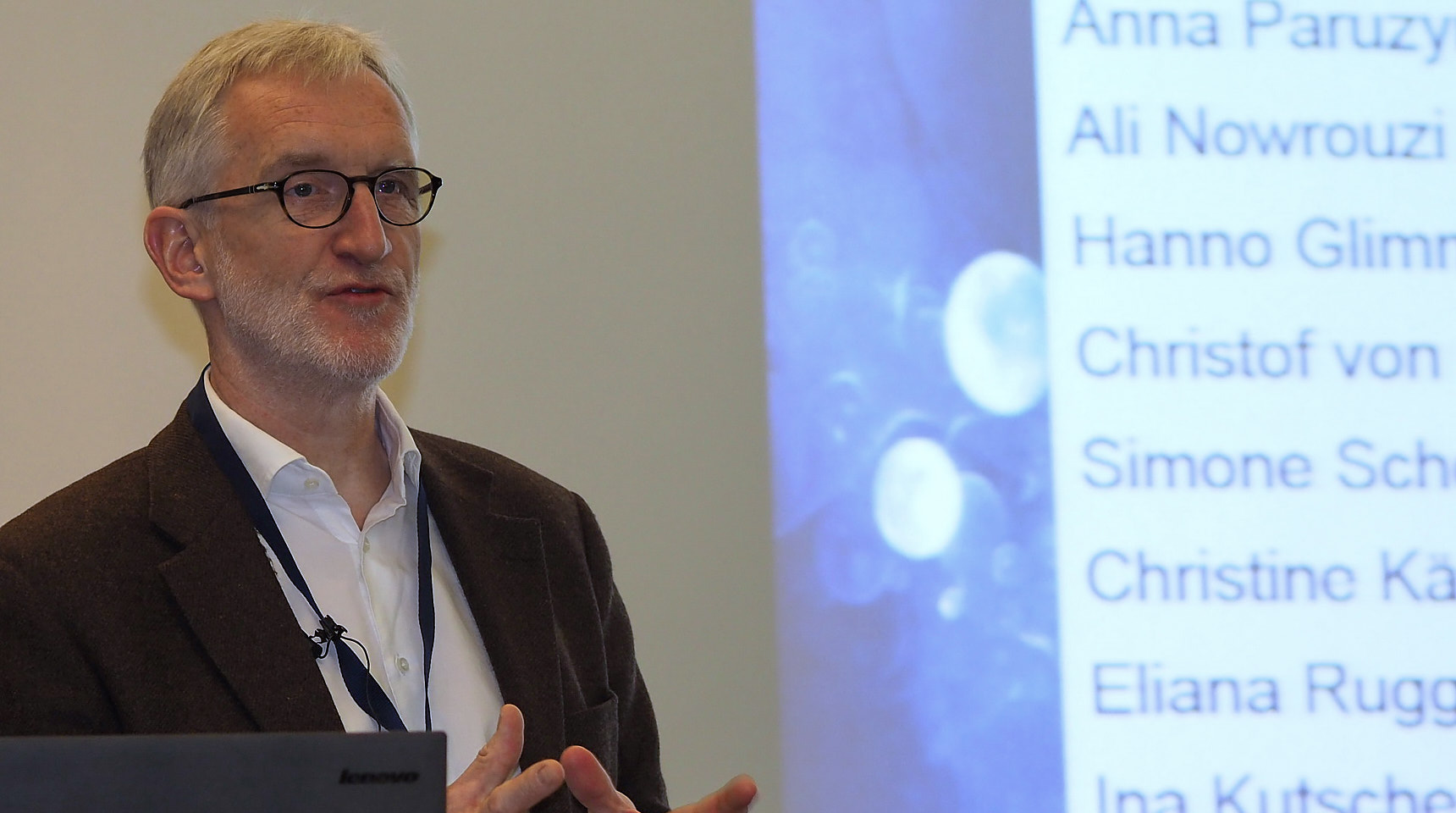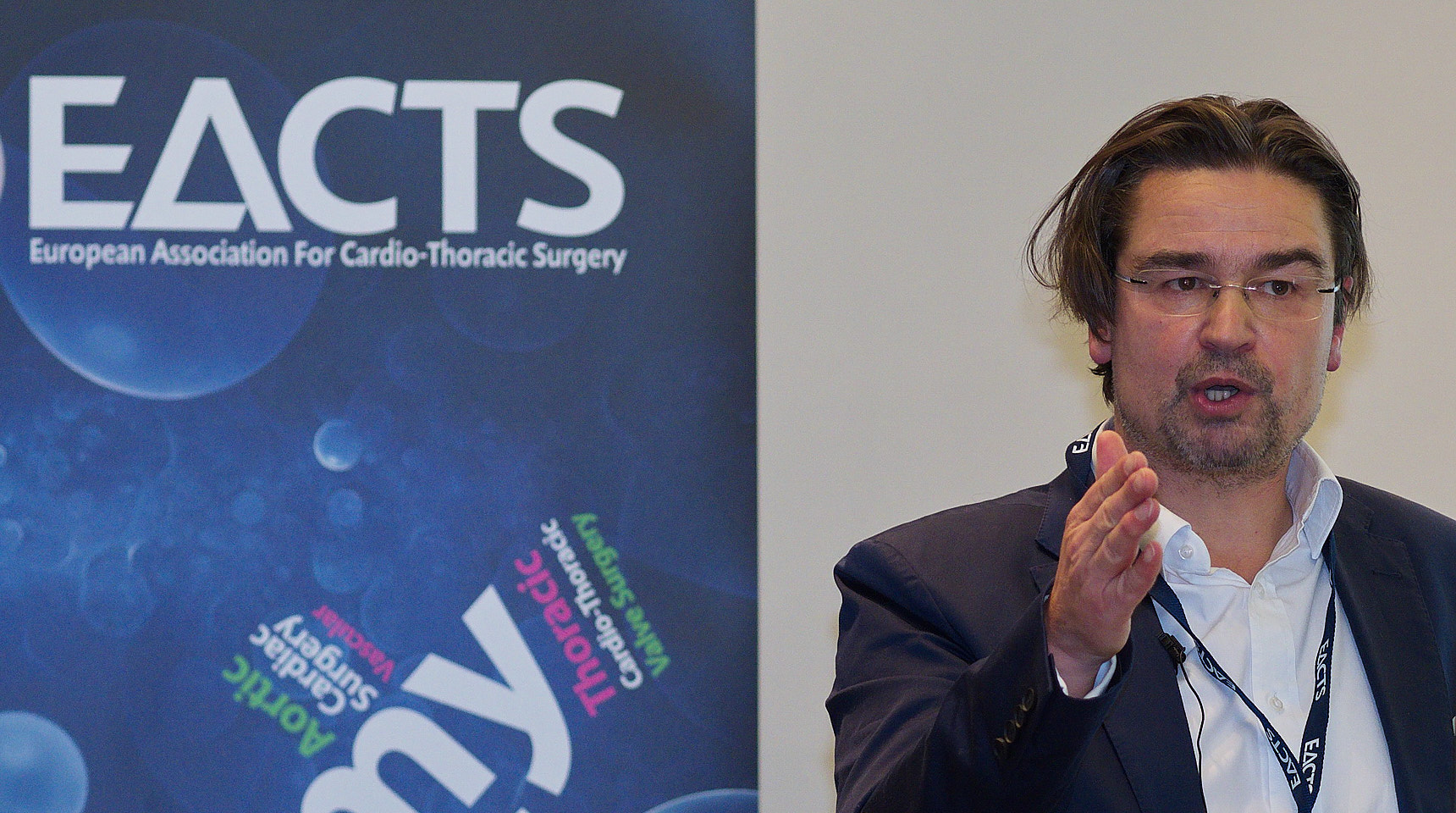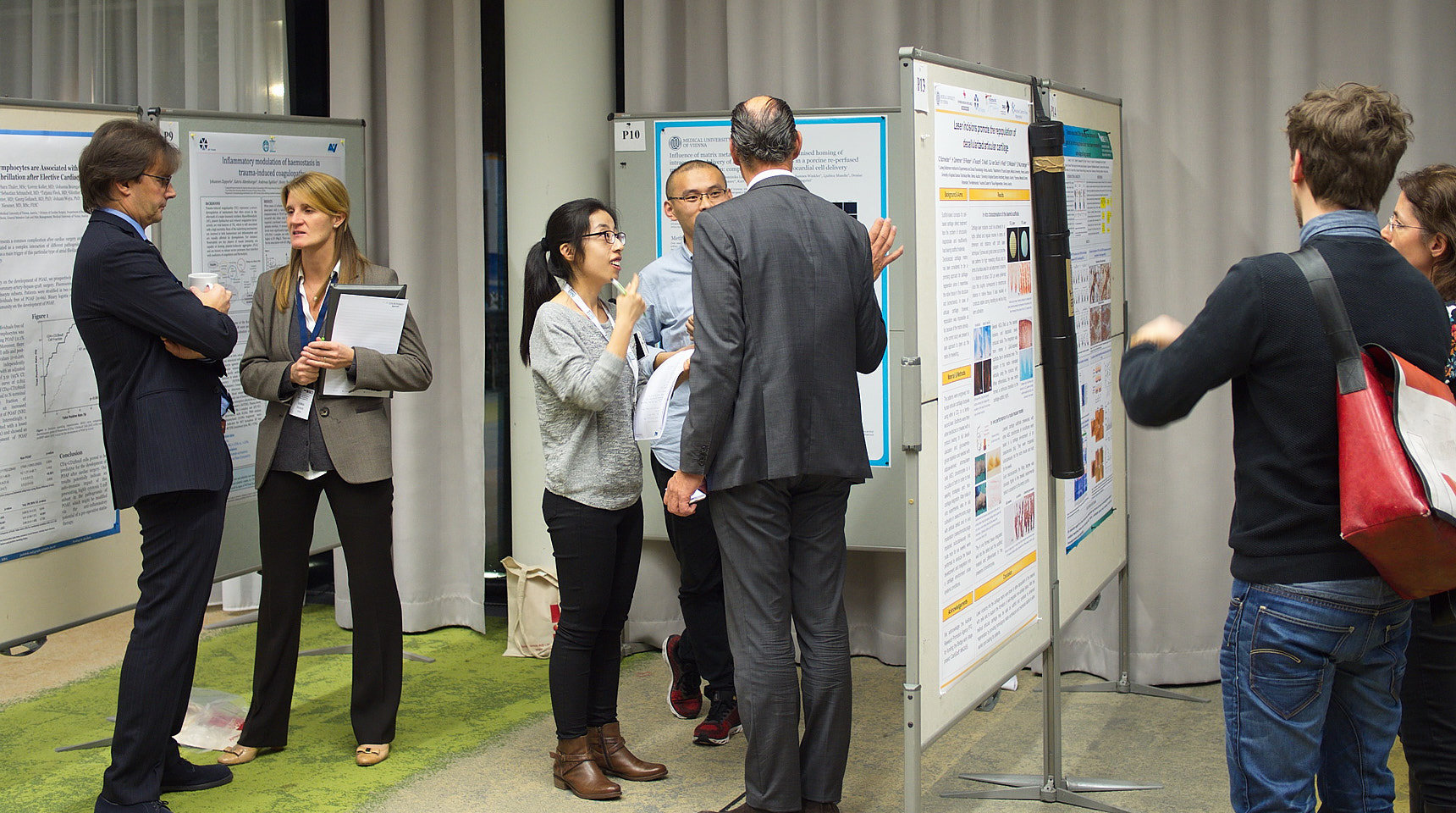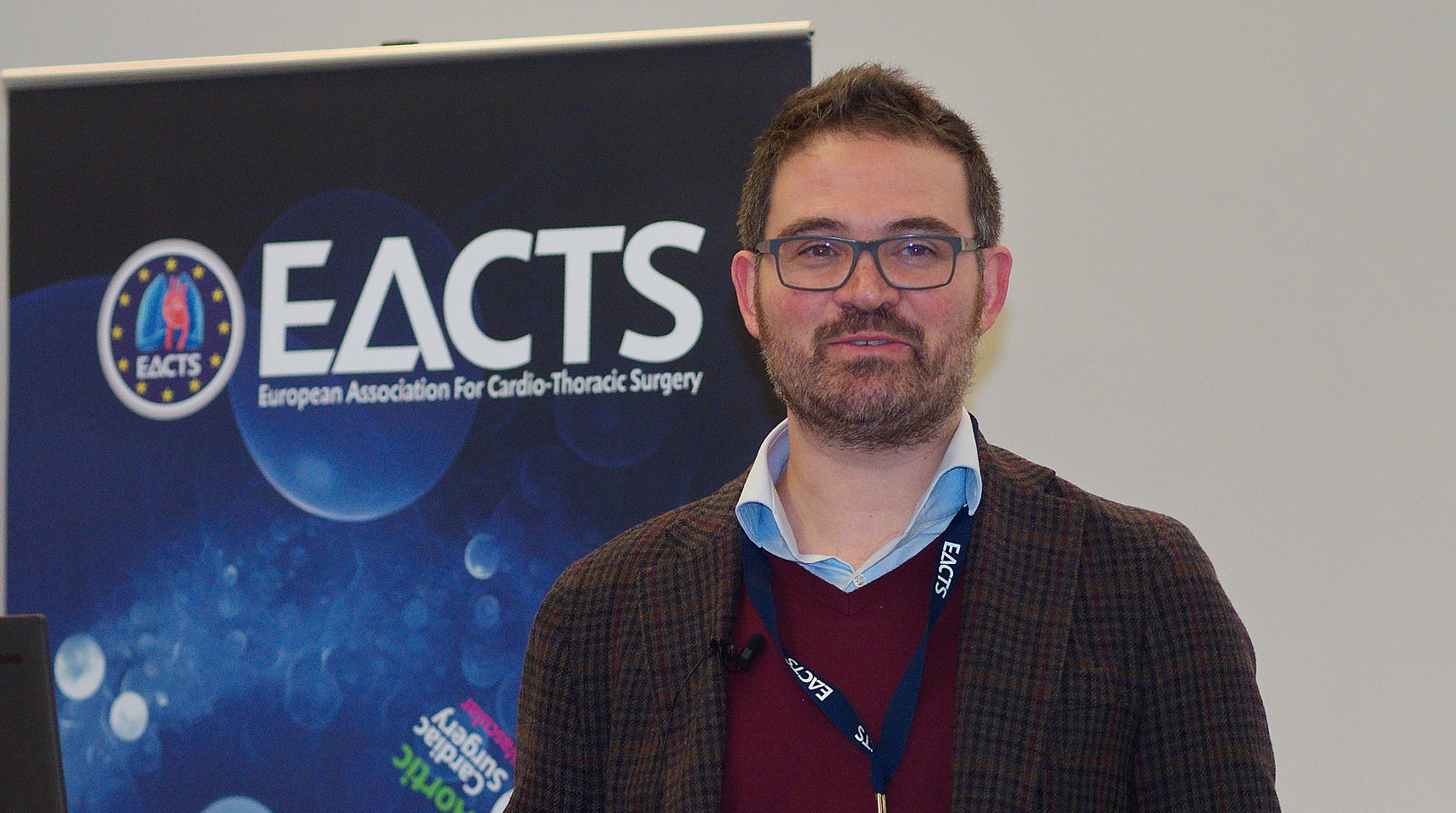RECAP
PACT Summer School 2022
“New aspects in cell-based therapies –
From basic science to treatment of patients”
04 – 08 July 2022 in Vienna
The aim of the PACT Summer School is to provide a new generation of stem cell researchers with the holistic perspective needed to successfully work in emerging and divergent areas of various medical research fields and illustrate their potential applications in clinical scenarios.
Top-notch scientists have put together a challenging program: In addition to outstanding lectures on current clinical and experimental strategies for treating humans and animals with cell-based therapies and on methods for characterizing and measuring the tissue being processed, they also demonstrated the relevant methods and techniques in the lab and guided participants to try everything out for themselves.
In addition, the school program included an entrepreneurship session and guided tours at the University of Veterinary Medicine Vienna as well as at the Clinic for Transfusion Medicine and Blood Group Serology and the Stem Cell Transplantation Unit at the University Hospital Vienna.
All this made the program an exceptional example of perfect knowledge transfer, covering a broad spectrum from basic research to clinical background and practical skills in the laboratory.
10 enthusiastic participants proved to be hard workers and always followed the lectures and instructions in the lab with dedication. Although the program was quite intense and demanding, everyone remained attentive until the end of the week and actively participated in the discussions during the lectures and practical exercises.
Despite this dense schedule, the curriculum left plenty of time for discussion and networking during and between sessions and at social events: We had a wonderful dinner at a restaurant on the Alte Donau and a party each at the end of our first and last day with cocktails, canapes and cake!
We would like to thank the teaching team and all the participants for making this week such a special event!
Here are some of the many positive responses:
“Nice structure and good atmosphere in the lab”
“Really good & very well organized, especially enjoyed working with the placenta”
“Thank you for the perfect thoughtthrough organisation, high quality summer school (but specific)”
“Great experience, very detailed”
“I really enjoyed the program”
“Thank you for having us!”
APPLY NOW
PACT Summer School 2022
“New aspects in cell-based therapies –
From basic science to treatment of patients”
04 – 08 July 2022 in Vienna
PACT is happy to organize a Summer School from 04 – 08 July 2022 in Vienna.
This year’s summer school will focus on primary cells as source for (tissue) regeneration, therapeutic applications and test systems in human and veterinary medicine:
- * improved methods for isolation, propagation and maturation of primary cells for human and animal regenerative application (cartilage, amnion, umbilical cord).
- * the application of autologous and allogenic stem cells in human immunotherapies
- * standardization of human cells as in vitro test systems and extracellular vesicles for clinical applications
- The program will include class lectures and hands on courses in the lab targeting different raw materials. Furthermore, we will highlight the importance of entrepreneurial thinking, which is needed to transfer an academic result to a medical application for the benefit of patients. There will also be plenty of time for fruitful discussions with the lecturers and participants and several social events for networking.
Fee: 250 €
The fee includes contribution to materials costs and social events during the course. Accommodation and meals must be organized individually.
Course prerequisites:
Qualified master students as well as MScs, PhD/doctoral students and human or veterinarian medical doctors are invited to apply. We accept the application of postdocs.
Application:
Please complete the Application Form and send it to office@pact.ac.at.
Extended application deadline: 31 May 2022
Applications will undergo a selection procedure and applicants will be notified on or before the 8 June 2022 about their resulting admission to the Summer School.
The fee has to be transferred until 17 June 2022. Your registration will be confirmed as soon as we receive the payment.
Organizers: Renate Kunert, Michael B. Fischer, Christine Prenner
Course language: English
Venue:
University of Natural Resources and Life Sciences, Vienna (BOKU)
Muthgasse 11, 1190 Vienna, Austria
If you have any further questions please do not hesitate to contact us at office@pact.ac.at.
RECAP
PACT Summer School 2018
Stem Cells and Regenerative Medicine
09 – 13 July 2018 in Vienna
This year’s PACT Summer School has brought together great scientists and talented students from various countries across Europe and the US. All participants took the unique opportunity to get a holistic view on the translation of the latest findings in stem cell research into the clinical practice in regenerative medicine.
Profound knowledge was passed on in lectures on stem cells and their application in regenerative orthopedics, hematopoietic stem cell therapies, EVs as novel tools in cellular therapies, different cell culture techniques and in-vitro models in biomedicine.
During the hands-on courses students learned how to set up, inoculate and run a single-use bioreactor for bioprocess engineering of mammalian cells, how to handle and evaluate cell products and to determine their hemocompatibility. They prepared and analyzed extracellular vesicles and worked on the different steps to set up an in vitro bioassay for testing the angiogenic properties of novel substances with human telomerized cells.
There was not only studying throughout the week, but also enough time for extensive discussions and talks in between the sessions and also at the welcome cocktail, a wonderful evening at a Viennese Heurigen and the farewell party on Friday.
All students highly appreciated this year’s summer school. Here are some of their remarks:
“it was a great training-huge variety”
“it was well organized by combining the practice and theory in a very comprehensive manner”
“Very informative and well-structured course material”
“groups were small and everyone could try”
“I really appreciate all the great effort from the members and the management which resulted in an amazing week”
“I really enjoyed this week and I will come again-Thank you for this great week”
Have a look at the pictures to get an impression on how this week became a lively experience for everyone.
Recap EACTS – PACT Joint Symposium
„Regenerative Medicine: Taking the Science to the Patient“
30th November and 1st December 2017
Vienna, Austria
By the time you read this, we trust that you have returned safe and well to your work place with a motivation and determination to continue your work at least a little, in some aspect, inspired by our joint symposium.
The aim of scientific work in the field of regenerative medicine is to develop devices or novel cell based therapies and derived products that will serve to treat or cure disease-ridden patients. Indeed, to augment and exchange knowledge between groundbreaking fundamental research, the “clinic” and the health agencies that finally approve novel medical devices and novel drug therapies to society. With this in mind, EACTS and PACT joined forces to organize a meeting that brought together basic scientist, clinicians, regulatory affairs and service providers to discuss outlook and progress in regenerative medicine.
Especially in the cardiothoracic field which was the focus of this year’s symposium the “cell centric vision” is under heavy discussion after potential cell based therapies in myocardial infarction have not lived up to the expectations hypothesized by preclinical research. However, novel scientific developments like secretory products derived from cells with regenerative and/or cytoprotective capabilities can now be seen on the horizon of scientific endeavour.
At the Symposium, the excellent quality of the chairs, their session keynotes and speakers with your enthusiasm as participants contributed greatly to make this symposium not only successful but an exhilarating experience. At this point, we would like to thank our Sponsors again very much indeed, since without their support and loyalty such a Symposium would simply not occur. It was also very gratifying to note that so much of the “audience” was students to whom the future of our knowledge belongs and who can continue to develop their skills for patient benefit.
Undoubtedly, cell based therapies will come to the benefit of patients or indeed, cell derived “soups” will develop into “cocktails” or regimes for treatments that will contribute to relieve human and animal disease or suffering.
Finally, we would like to draw your attention to the Book of Abstracts that is available now and the Video Recordings of highlights of this Symposium that will be available by end of January 2018.
“What appears as the impossible is more likely to happen the more often it is attempted” let us continue to work together in “Taking the Science to the Patient”.
Michael Comer, Hendrik Jan Ankersmit, Beatrix Mayer-Reinprecht
We cordially welcome our new Institute Member
Center for Translational Medicine (CTM)
International Clinical Research Center
St. Anne’s University Hospital Brno
St. Anne’s University Hospital Brno
International Clinical Research Center
Pekařská 53
656 91 Brno
Czech Republic
The Center for Translational Medicine (CTM) is a highly interdisciplinary research platform in the International Clinical Research Center (FNUSA-ICRC), a European Union-funded project of the St. Anne’s University Hospital Brno (Czech Republic). The funds so far collected from EU were mostly used to build its own state-of-the-art translational medical research premises. The research center, currently hosts young promising researchers and students from all over the world (9 nationalities represented) and aims at unveiling the molecular mechanisms involved in the onset and progression of the diseases of aging. For this purpose, CTM adopts original and interdisciplinary approaches based on the use of smart materials, microfluidics systems, bioreactors, mechanically-assisted devices and multi-faceted molecular and cellular biology skills to investigate the molecular basis of complex diseases. more
Press release
Stem Cells for Age-related Macular Degeneration
Nature News: Japanese woman is first recipient of next-generation stem cells. Surgeons implanted retinal tissue created after reverting the patient’s own cells to ‚pluripotent‘ state.



















